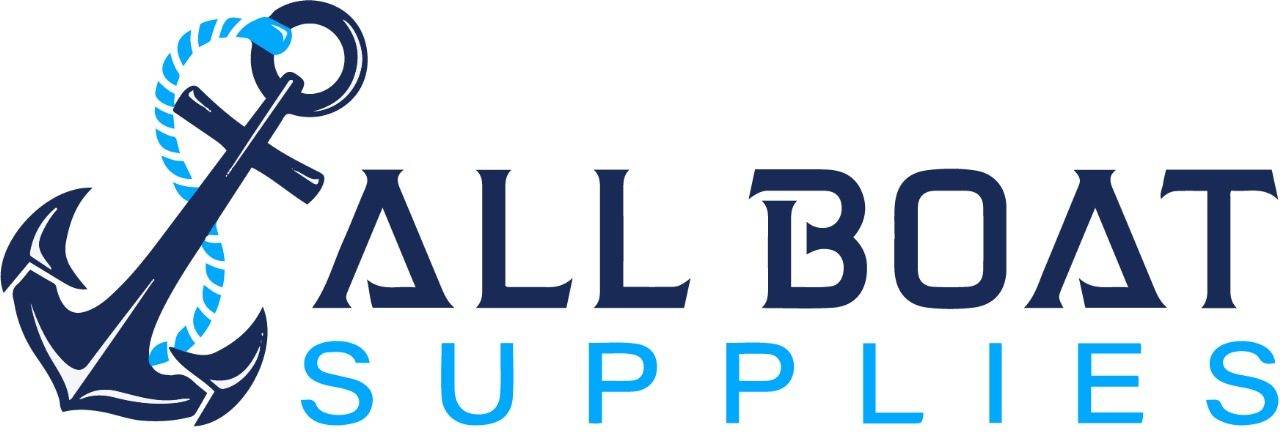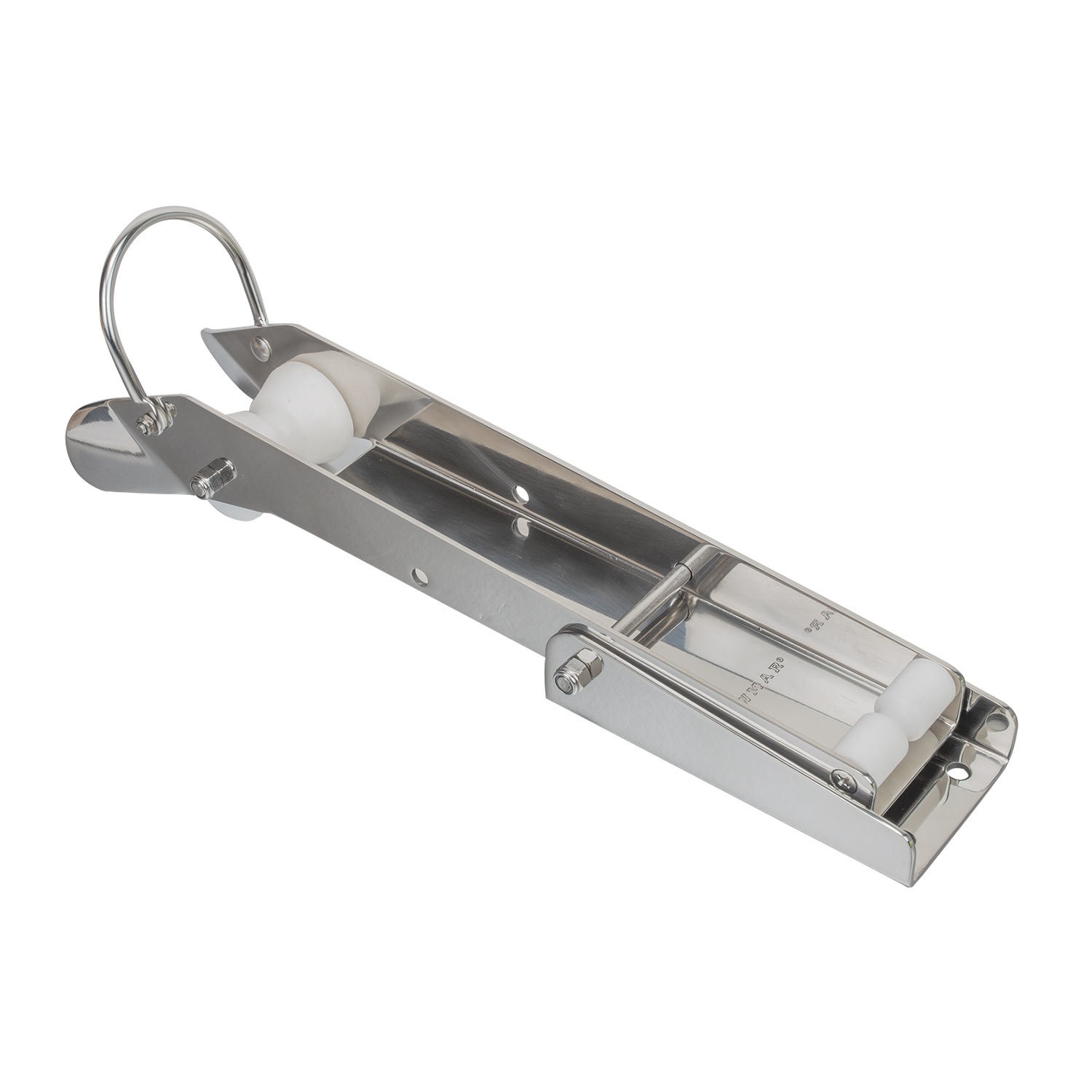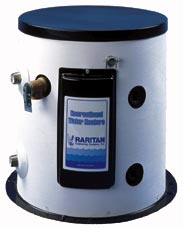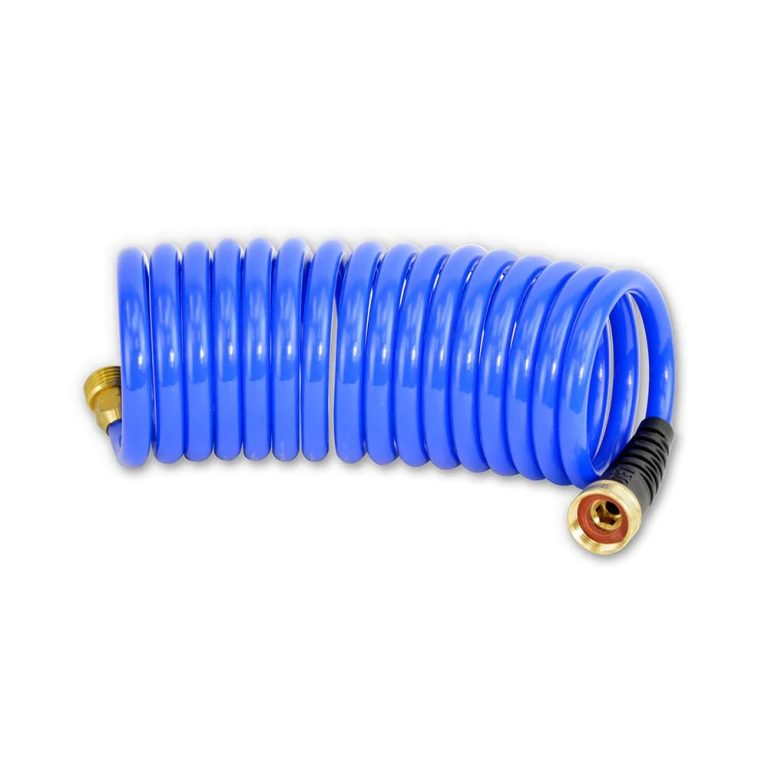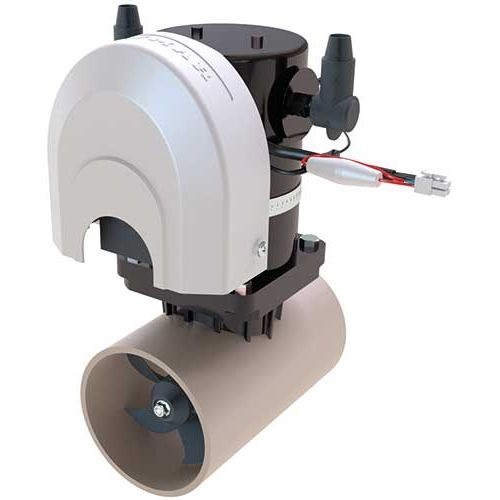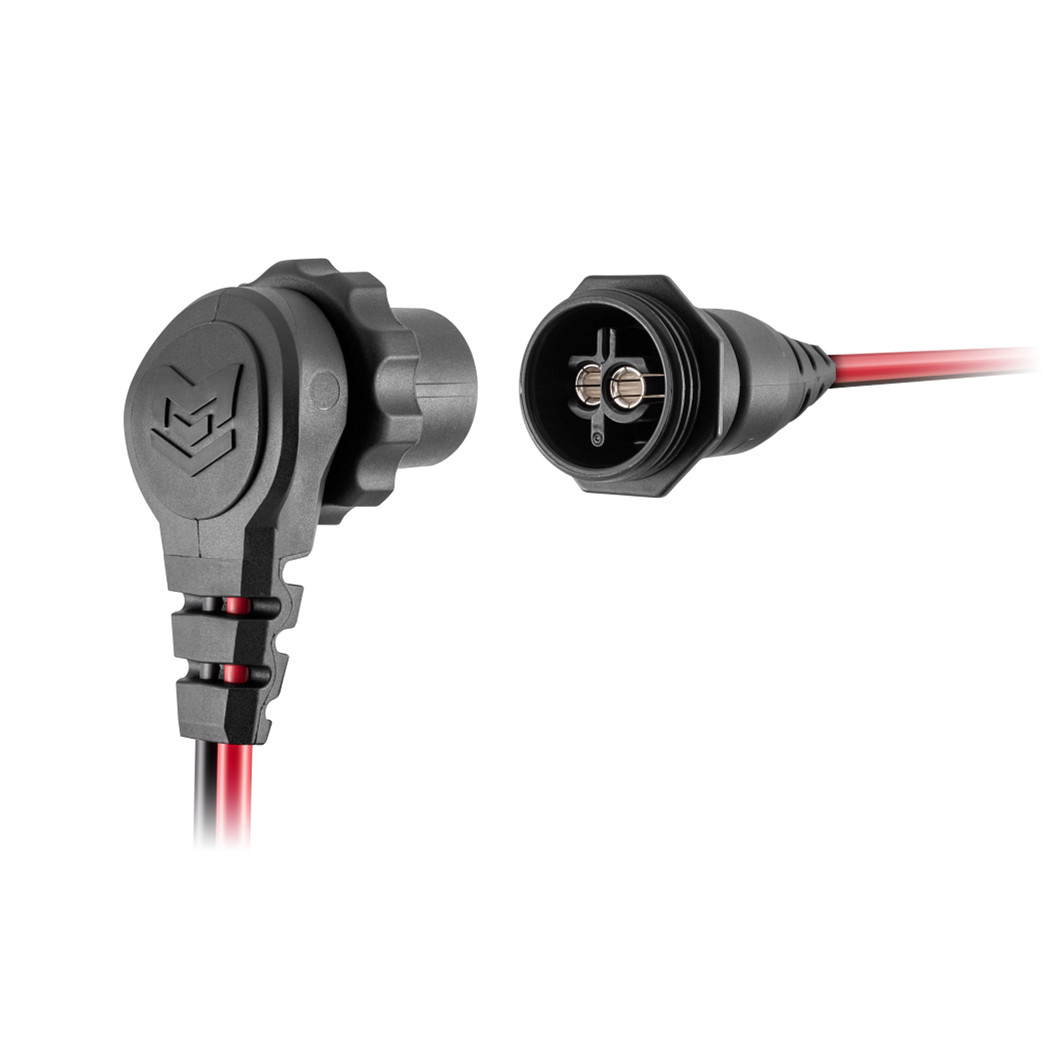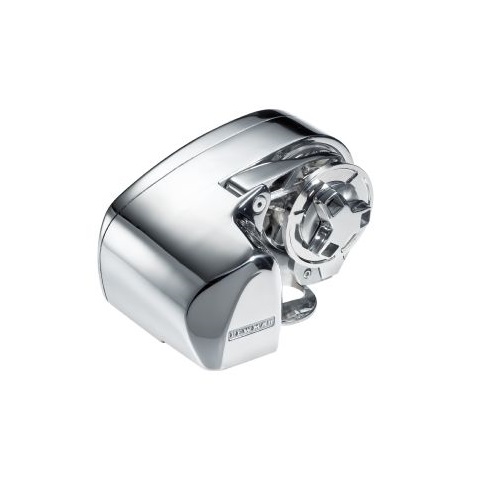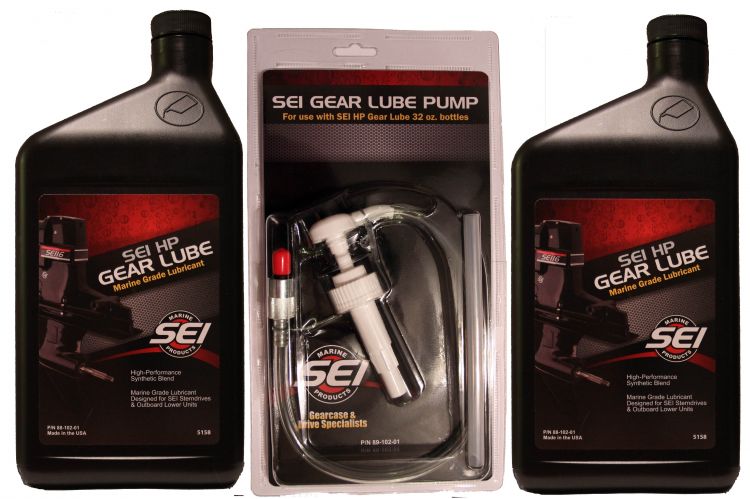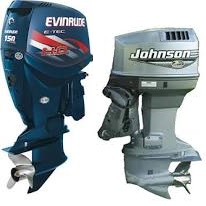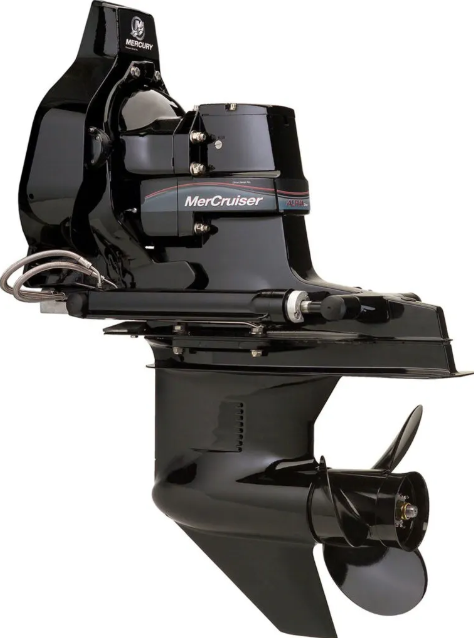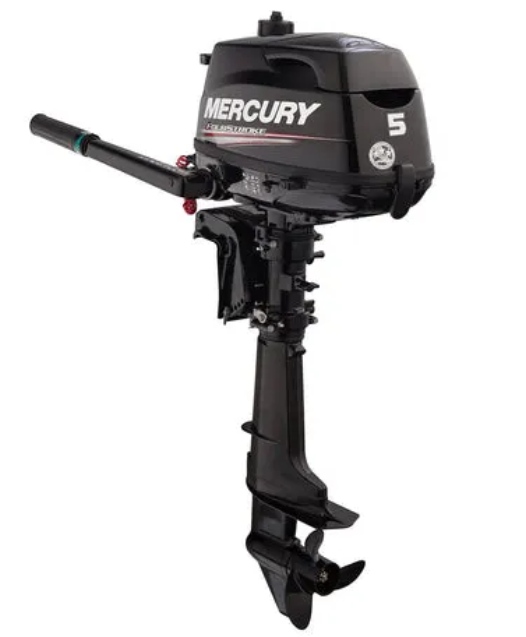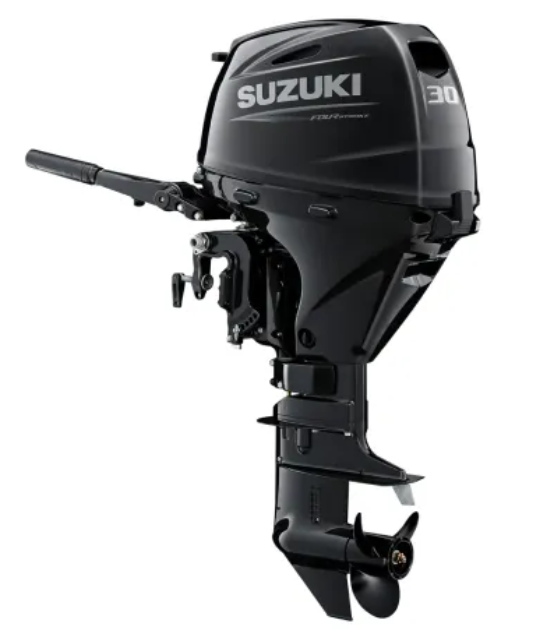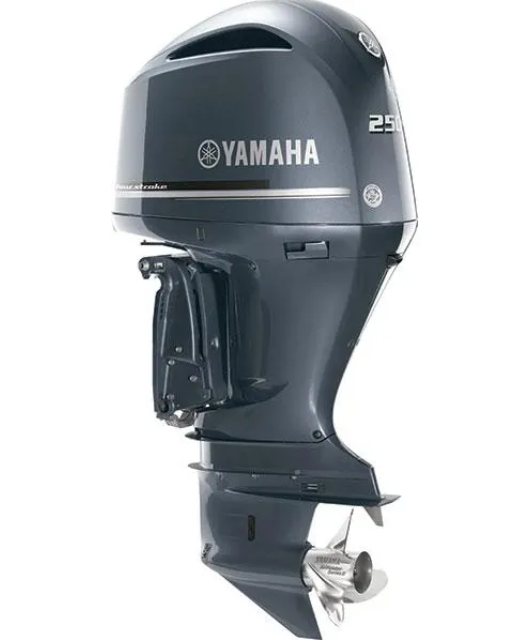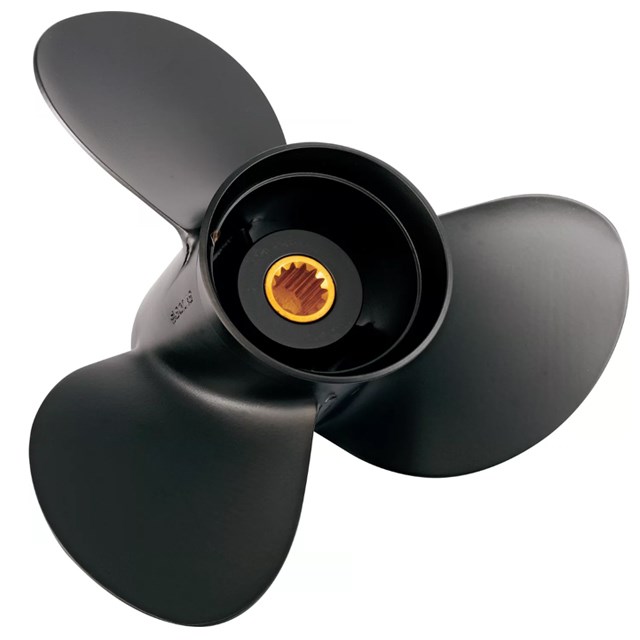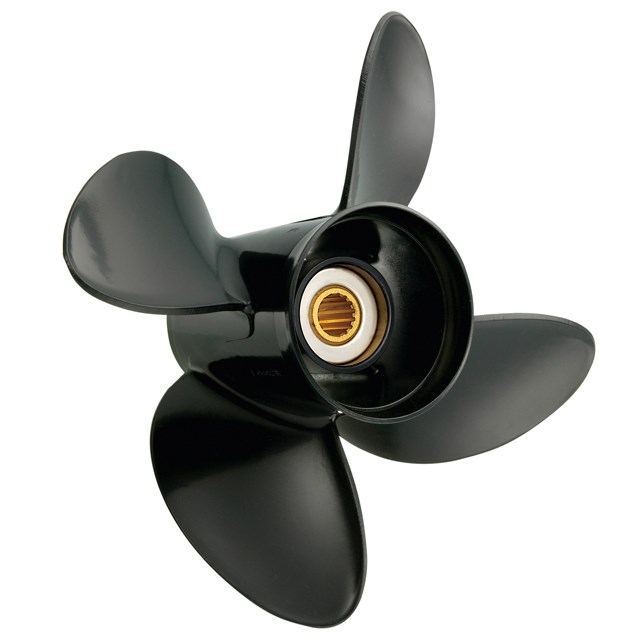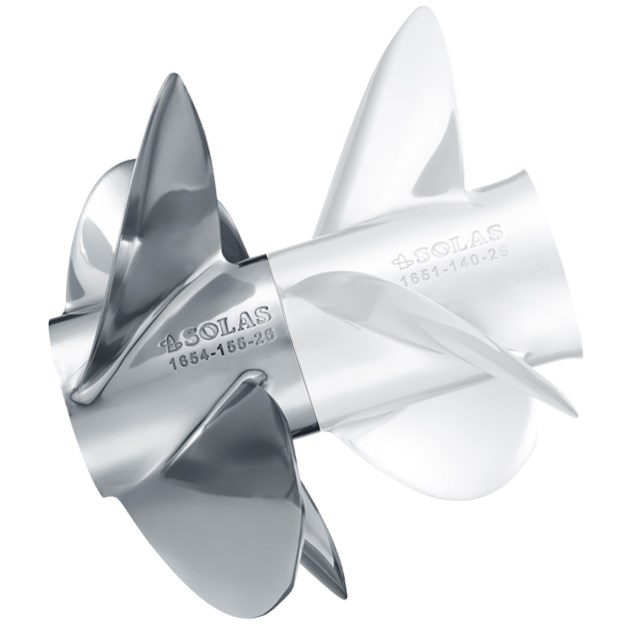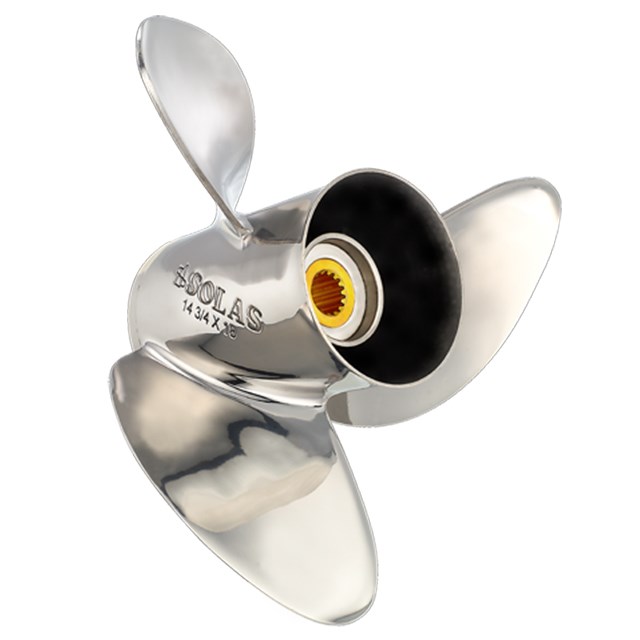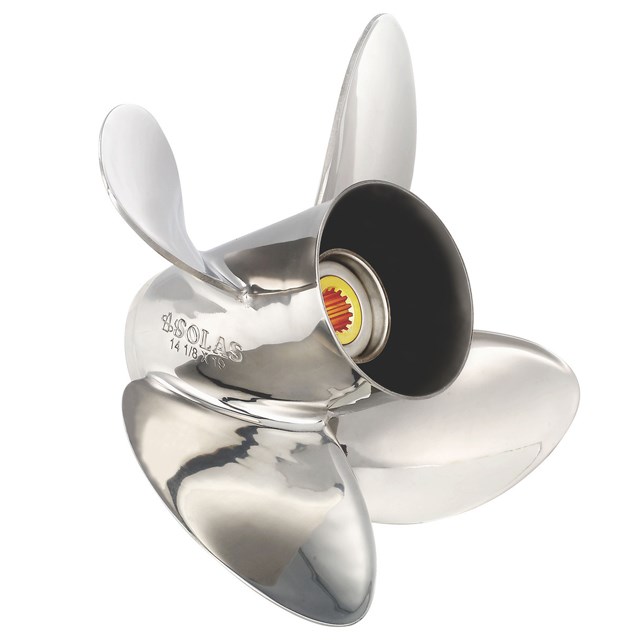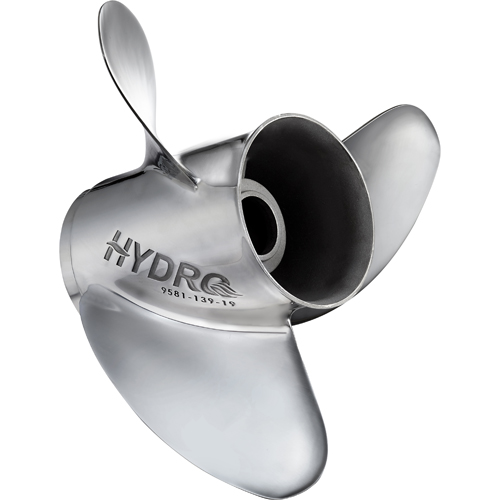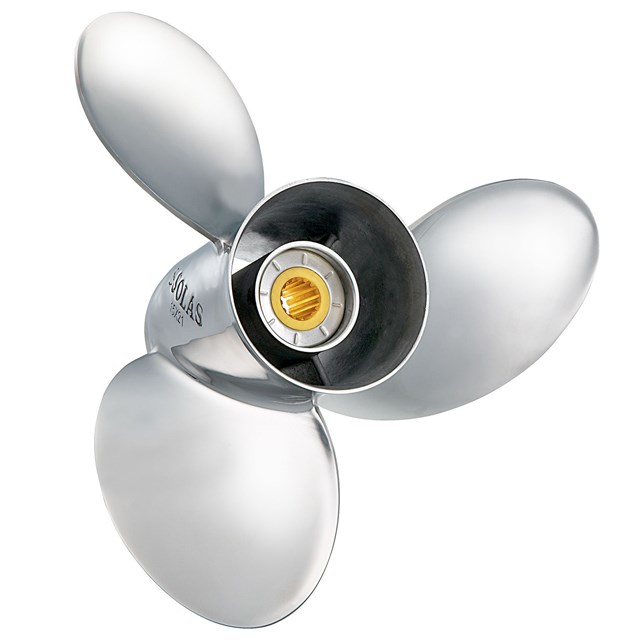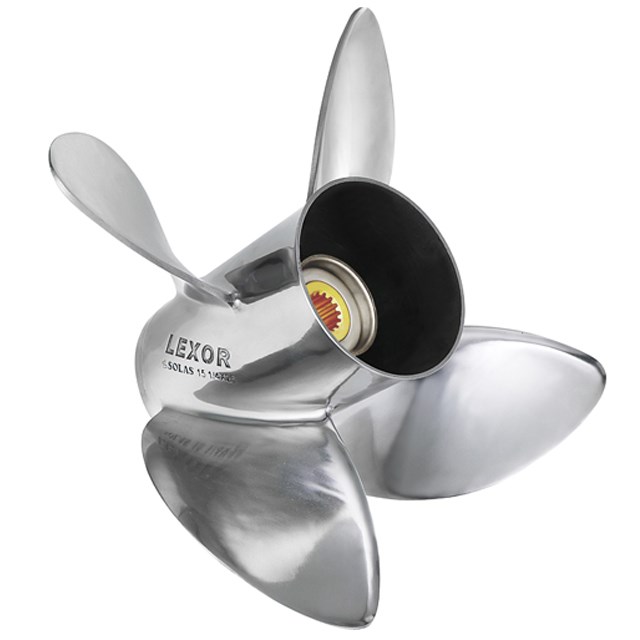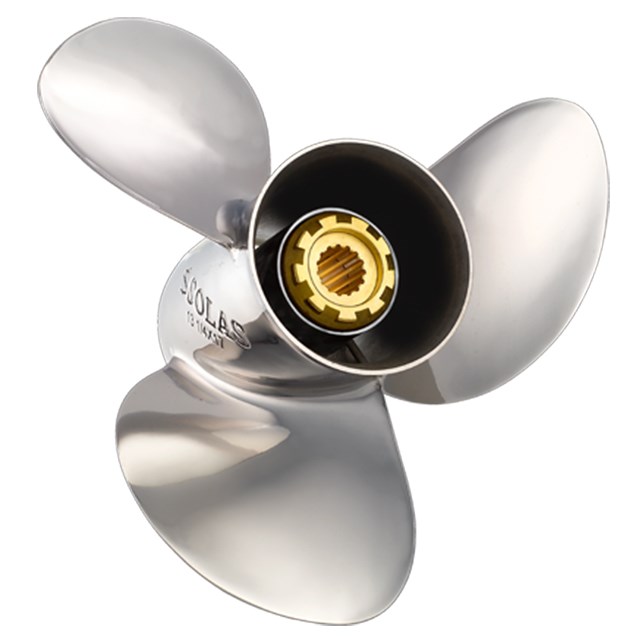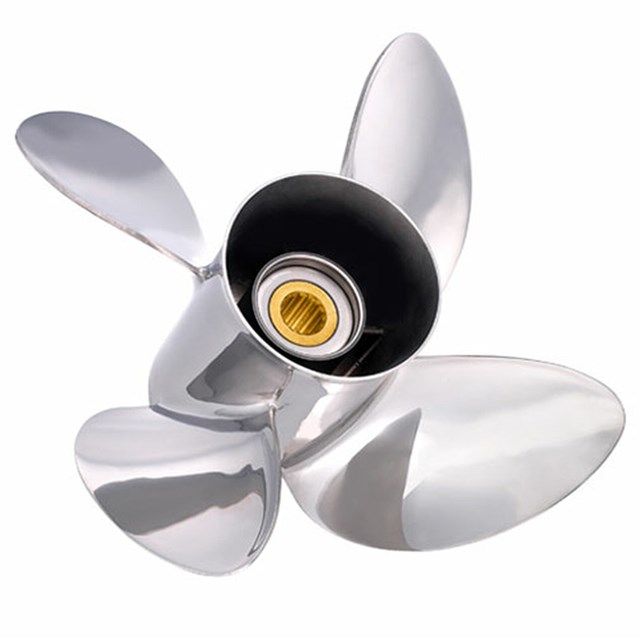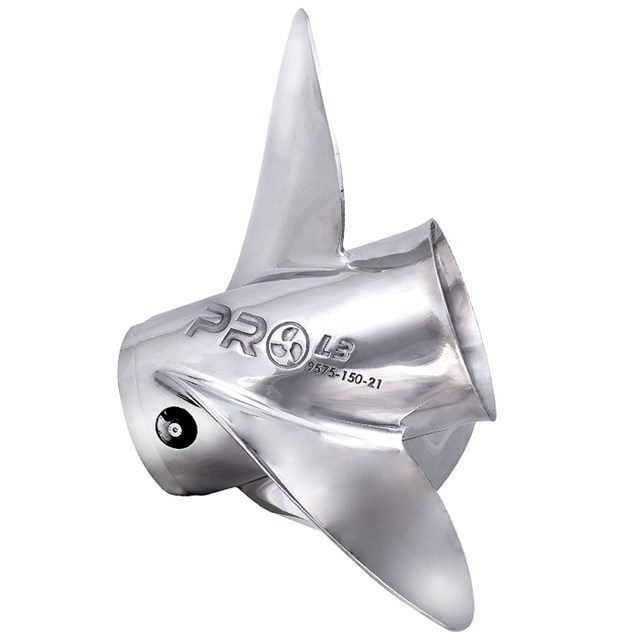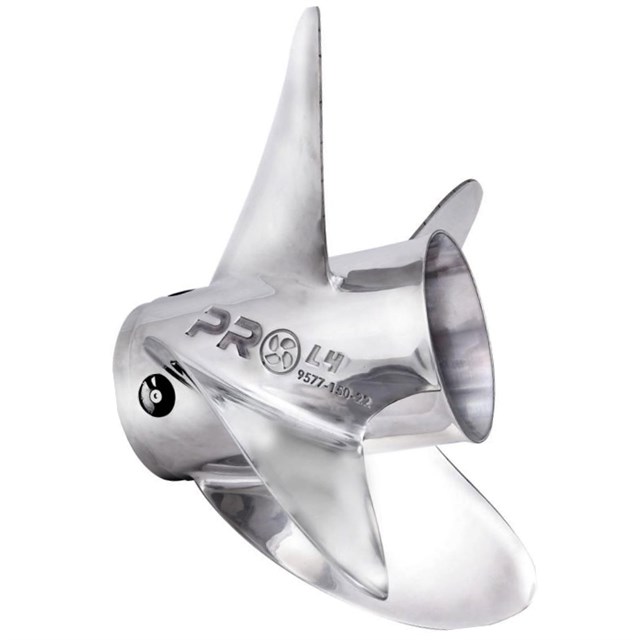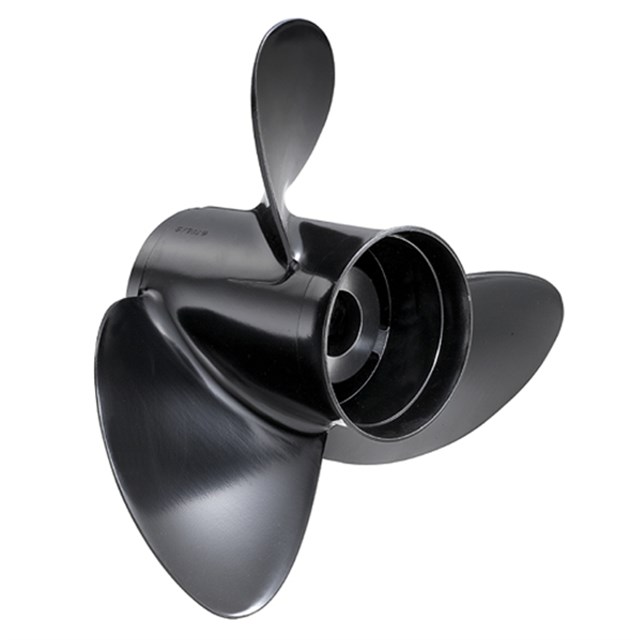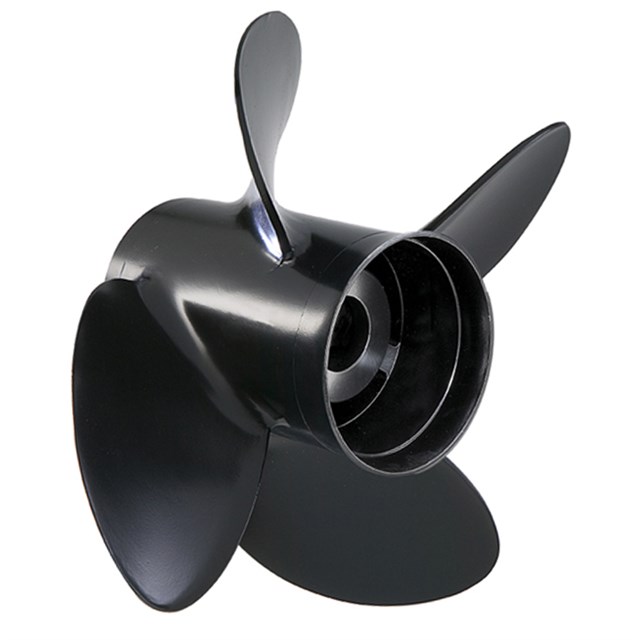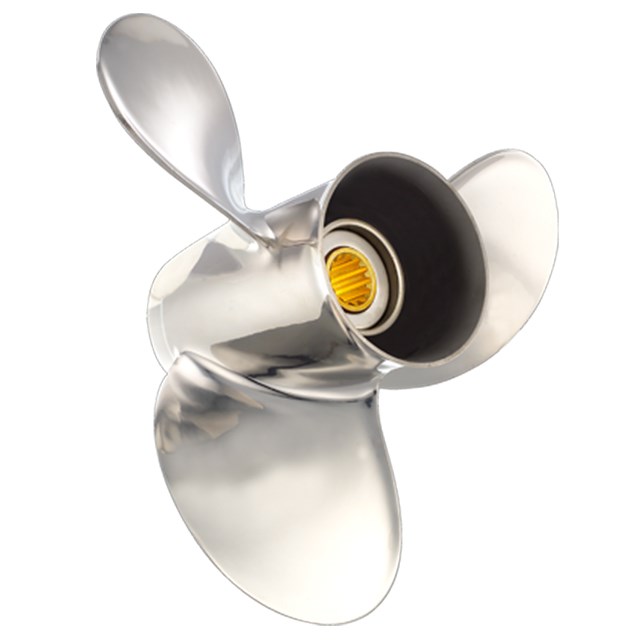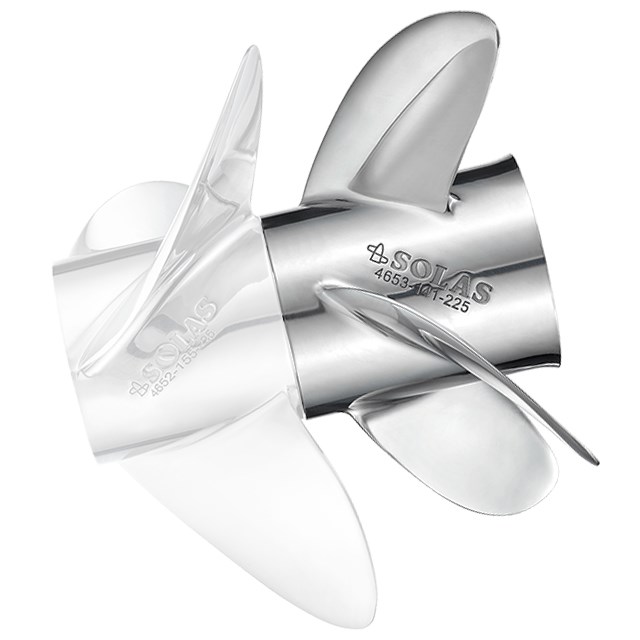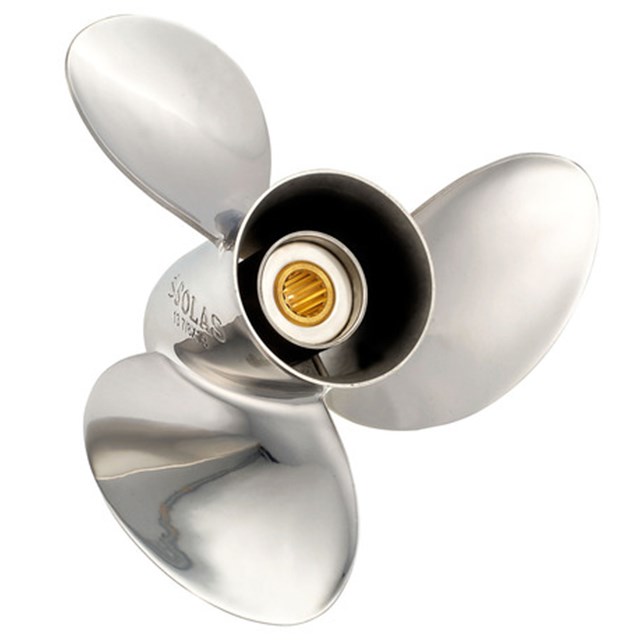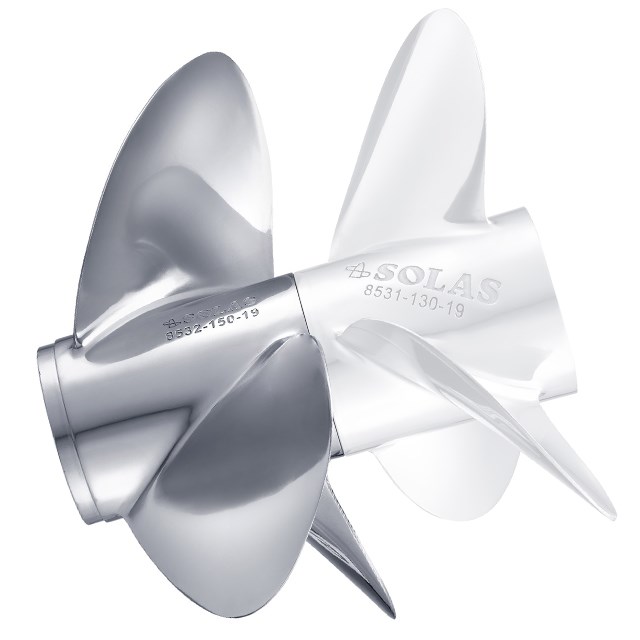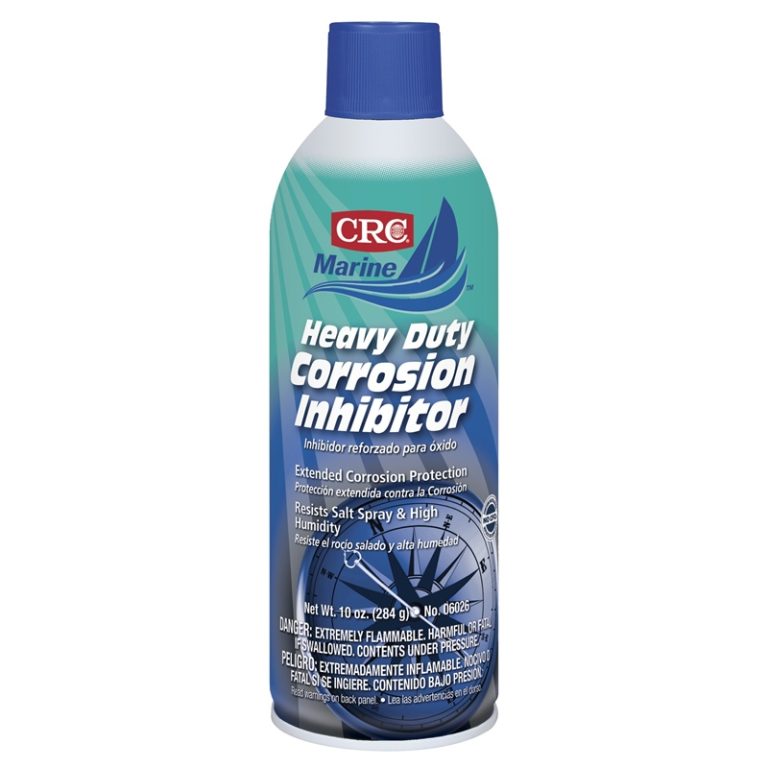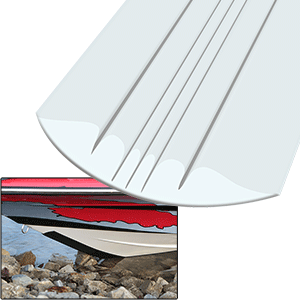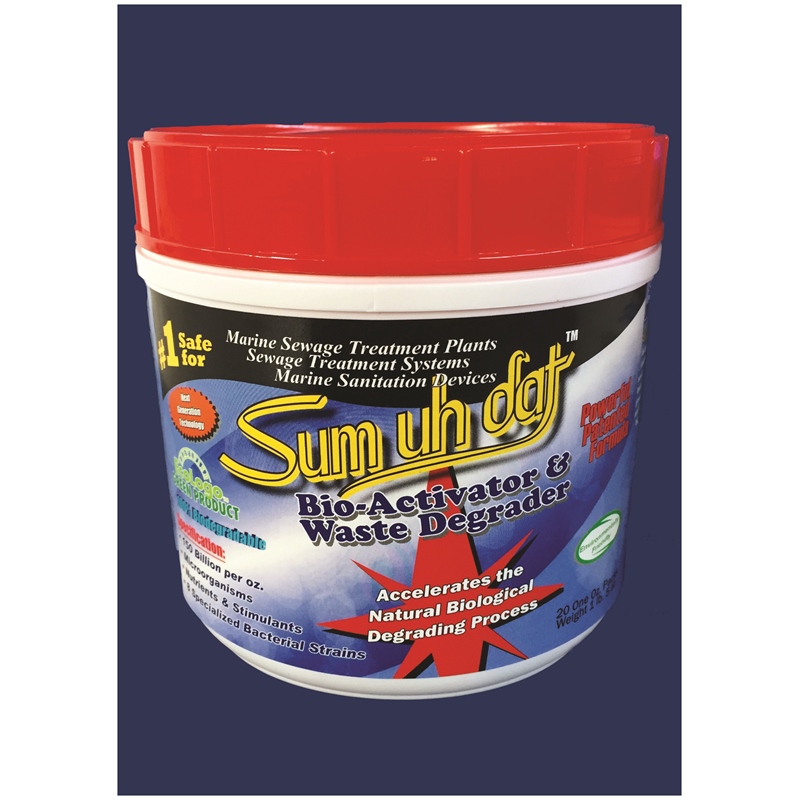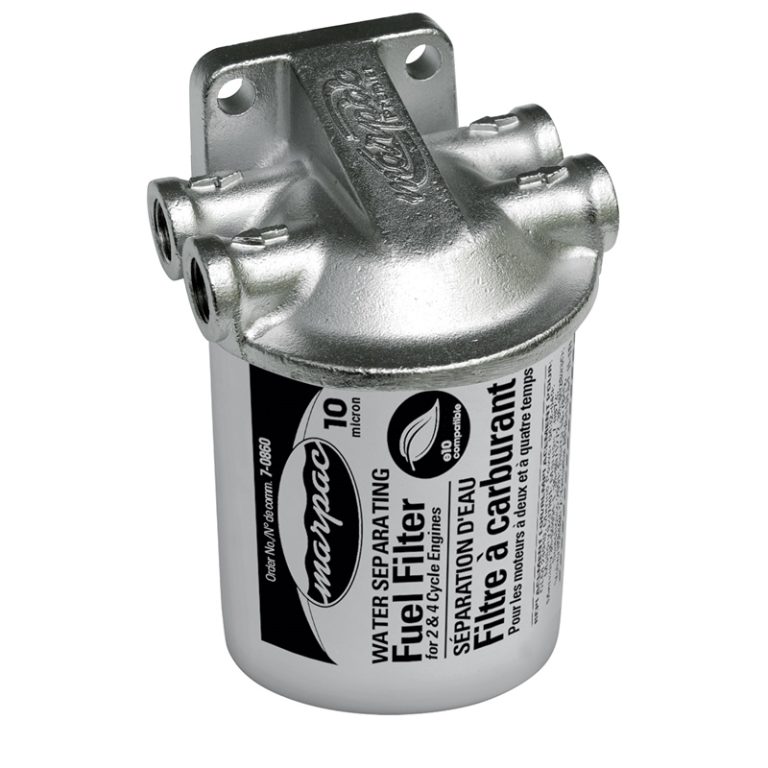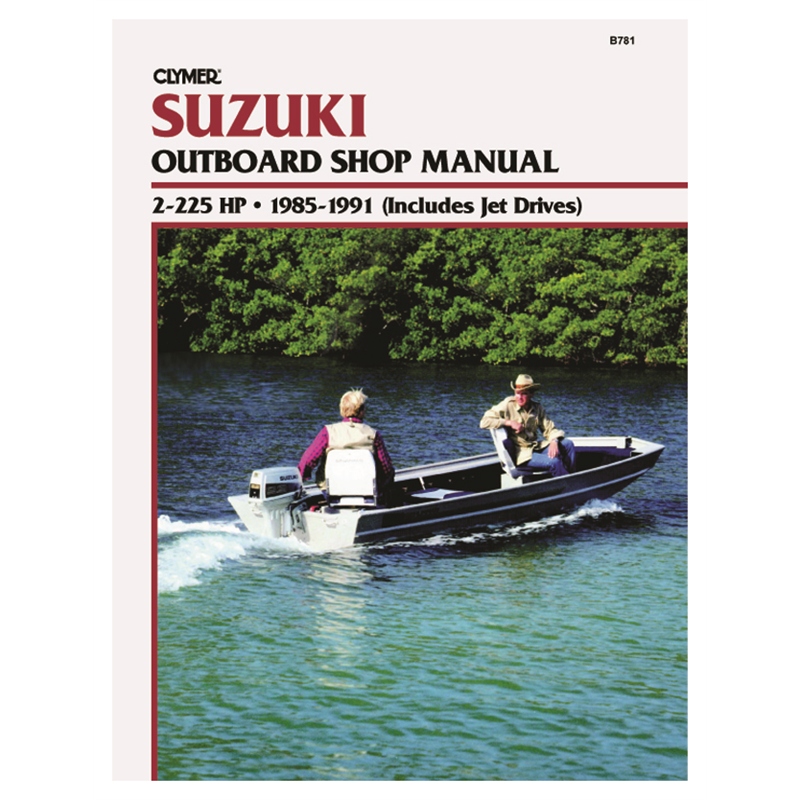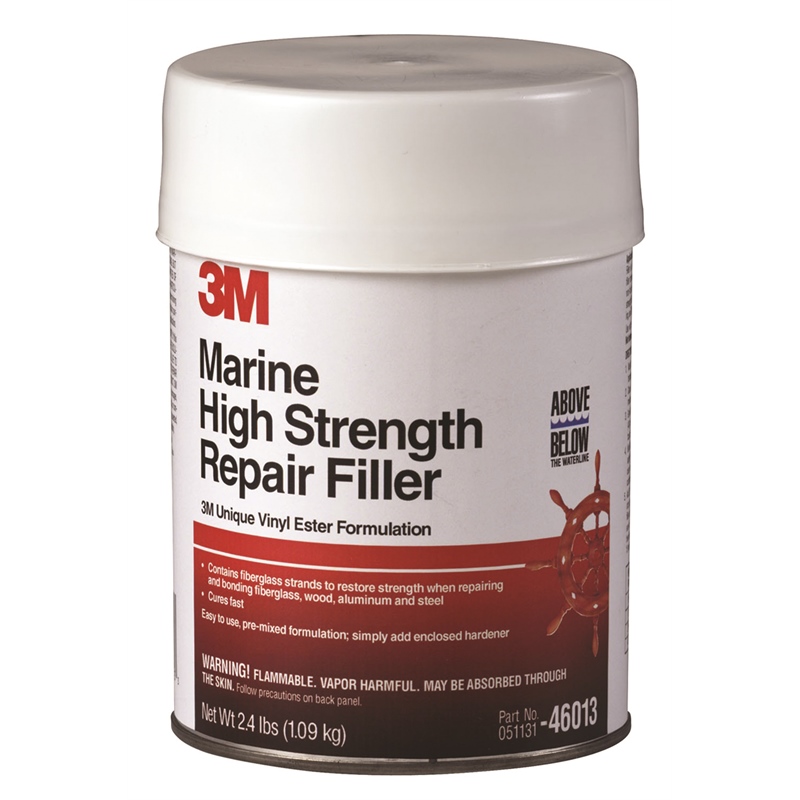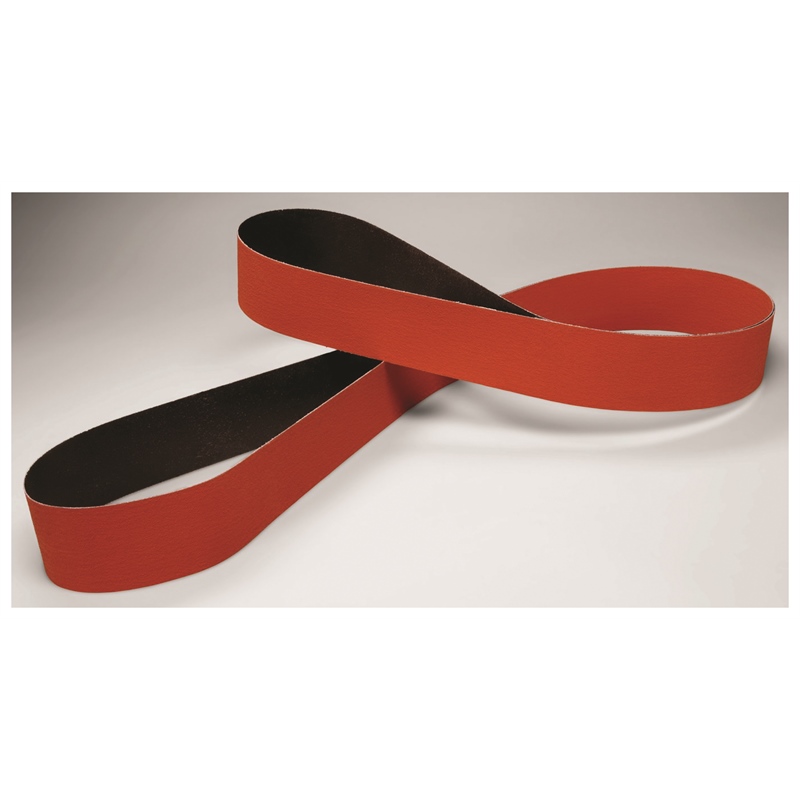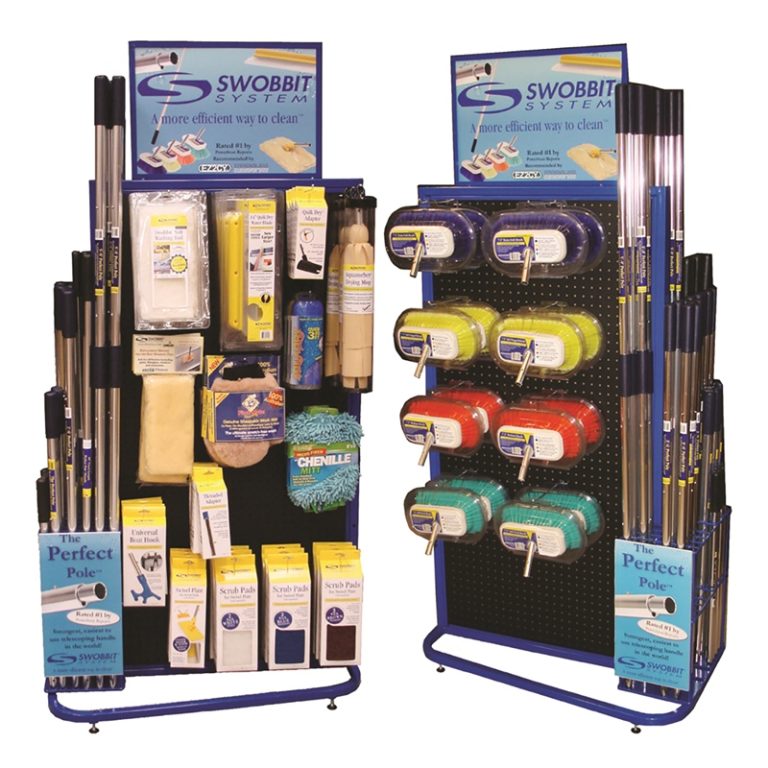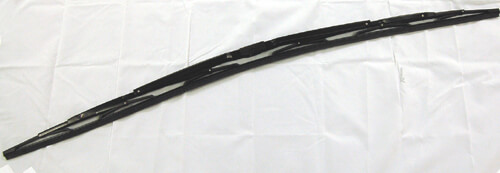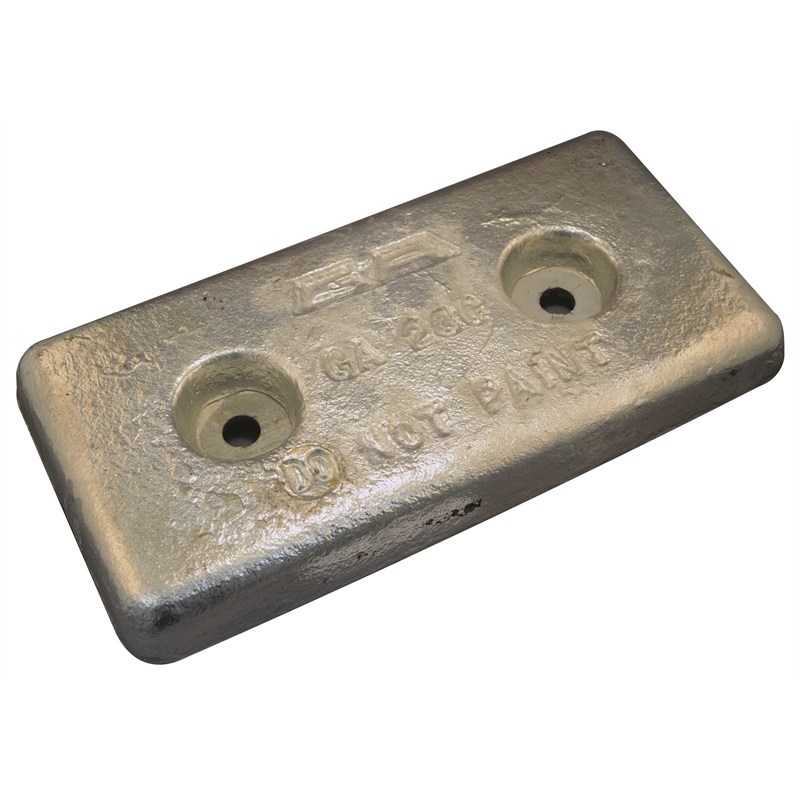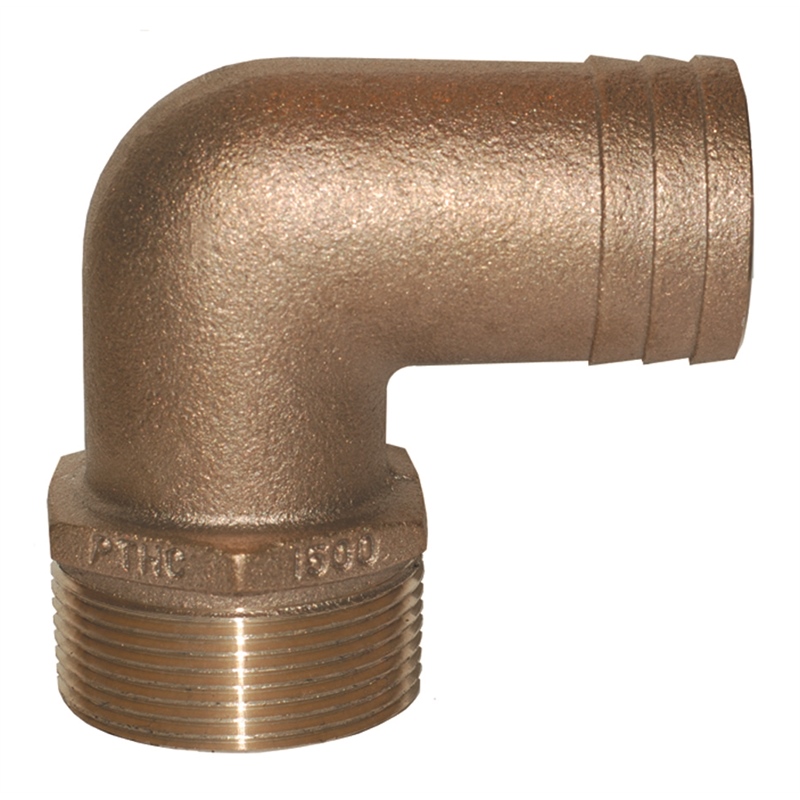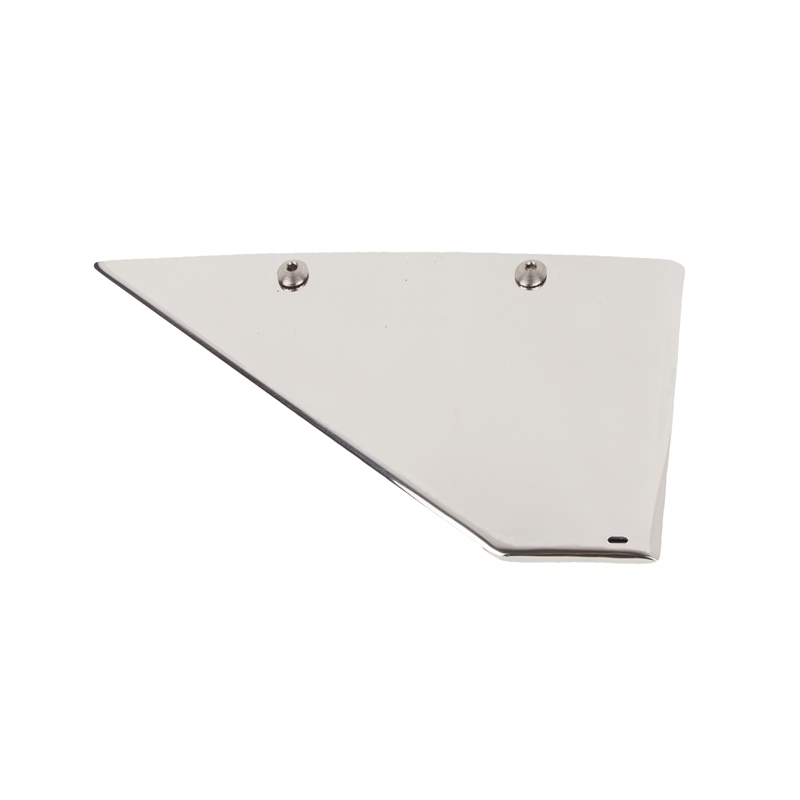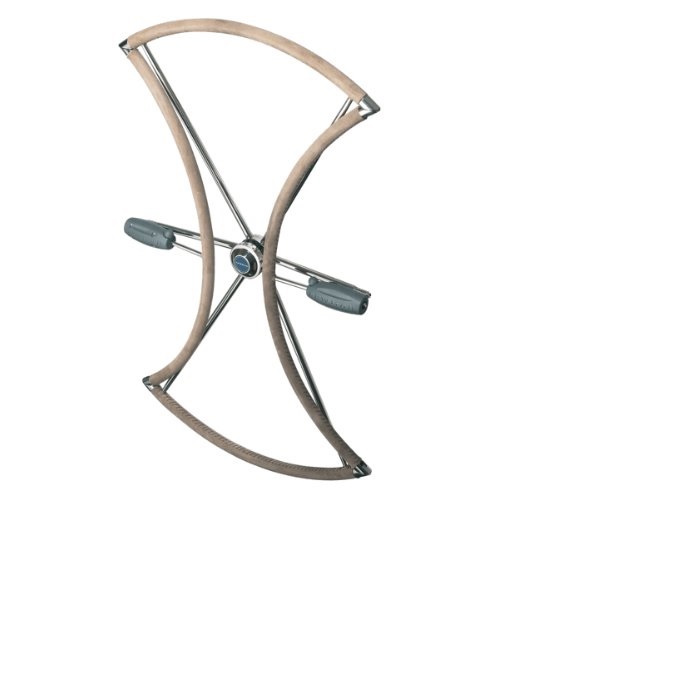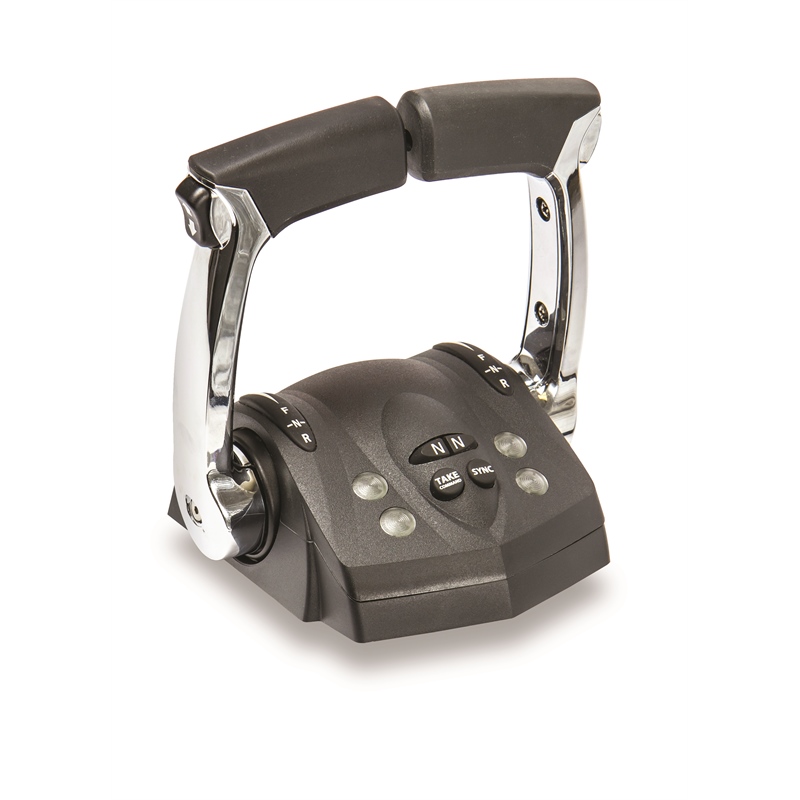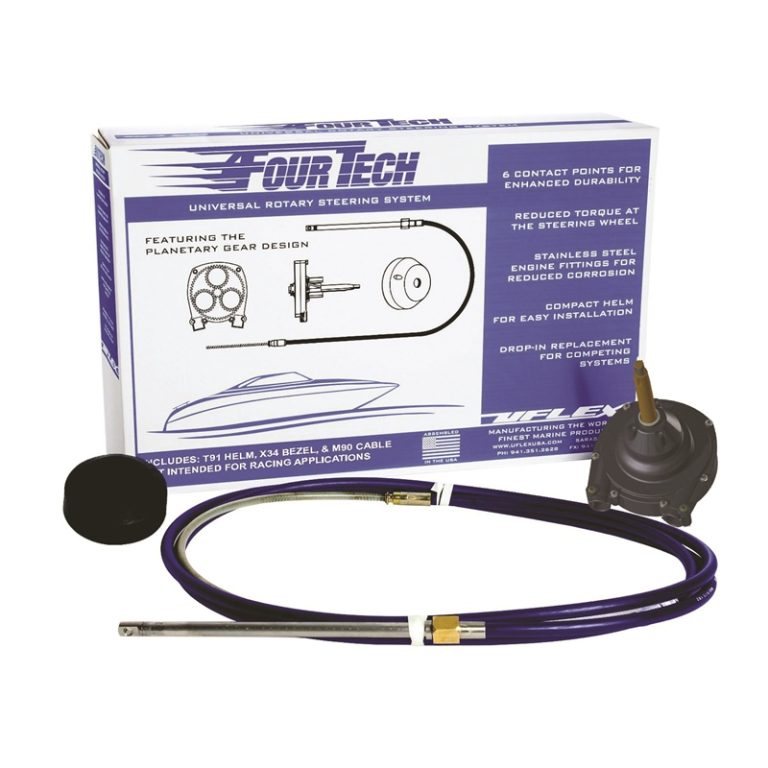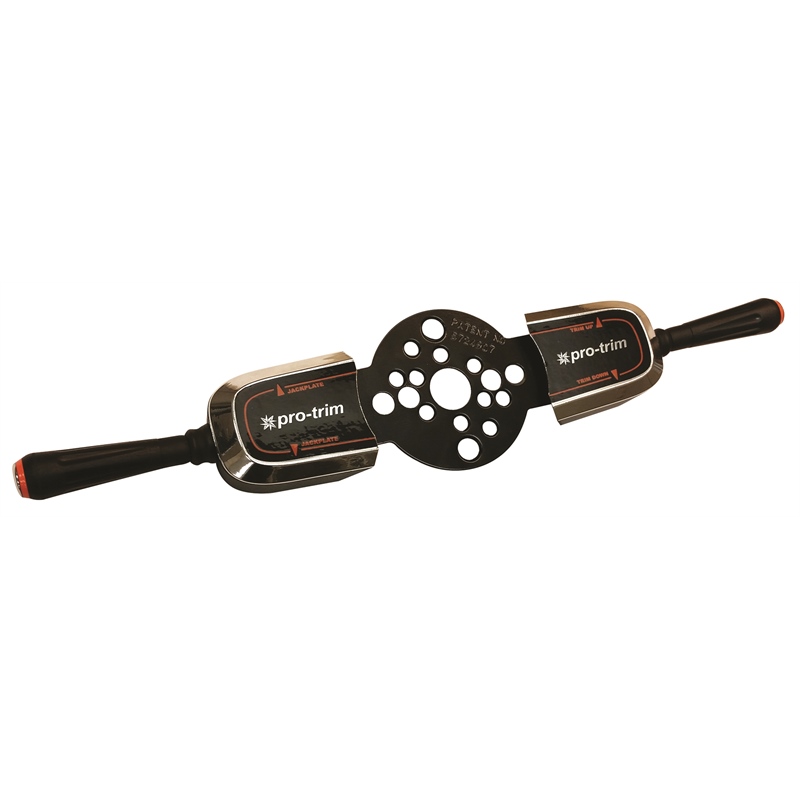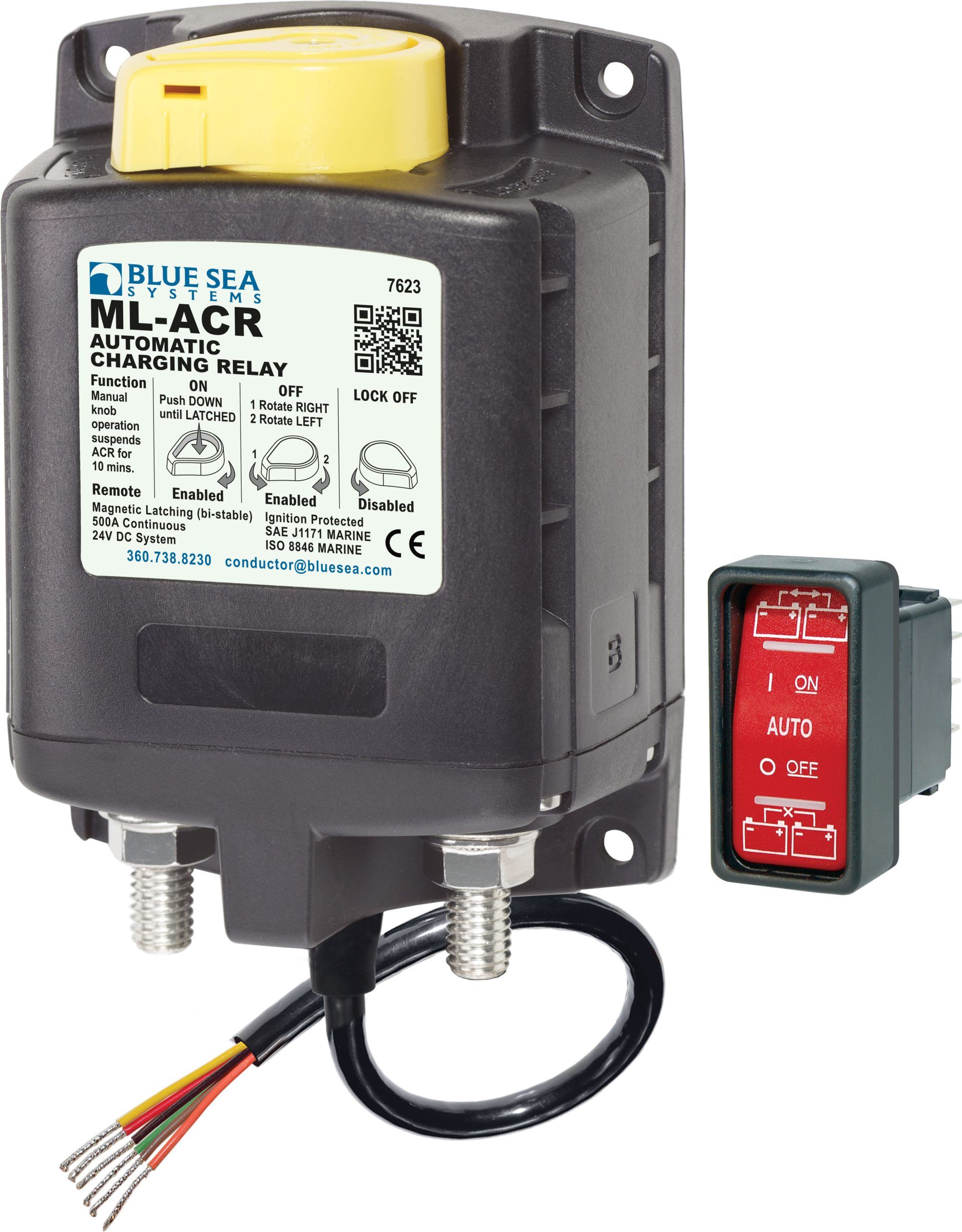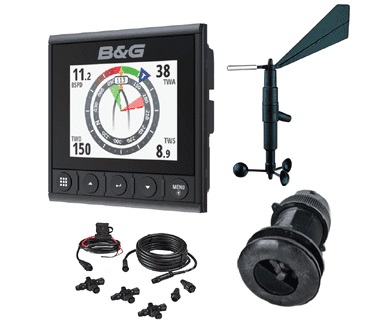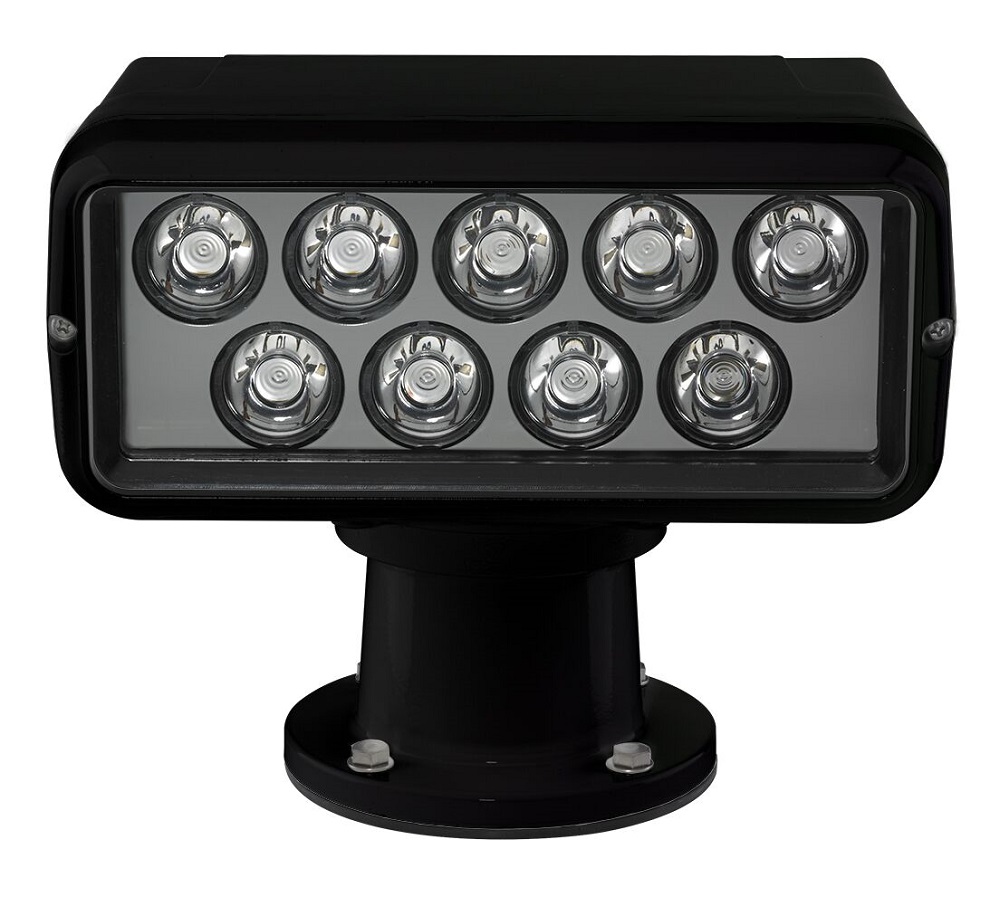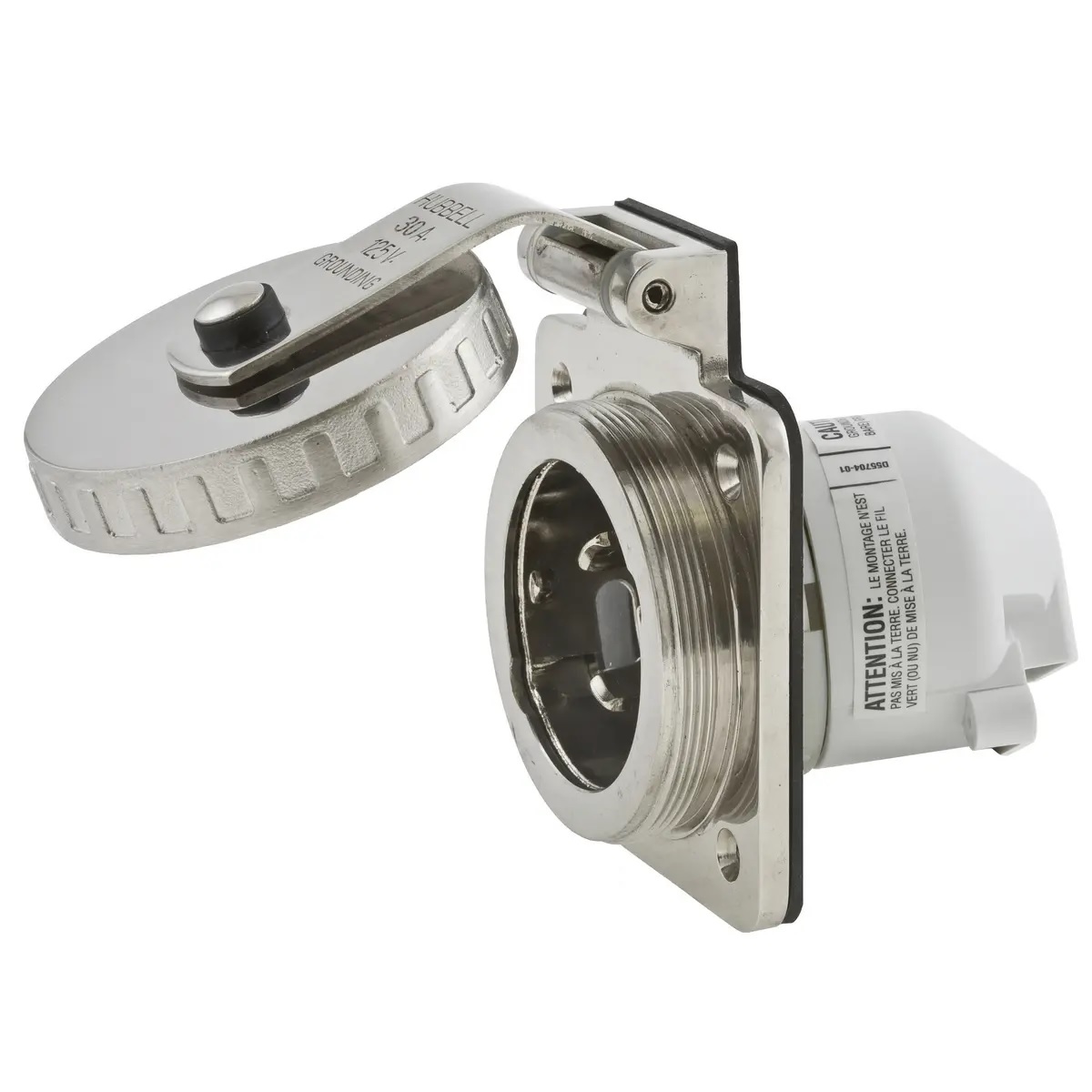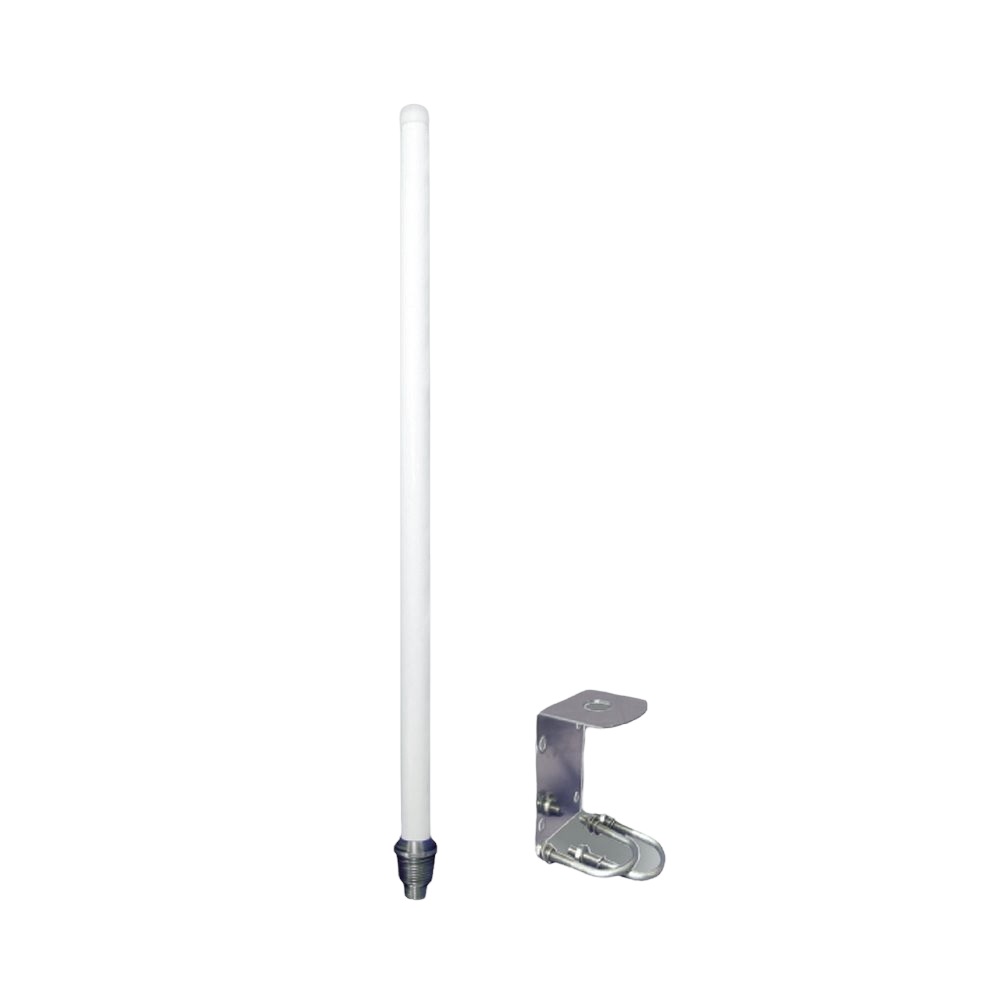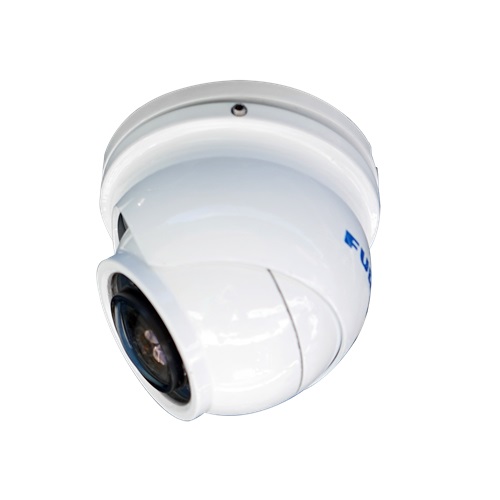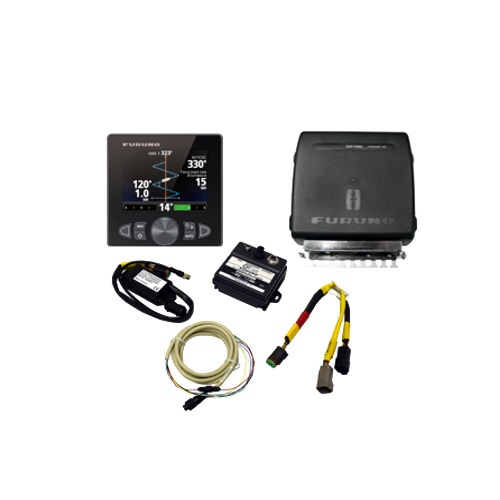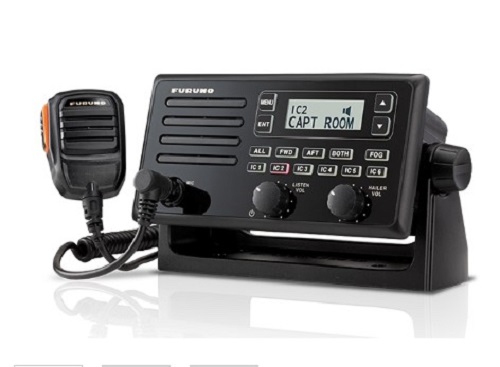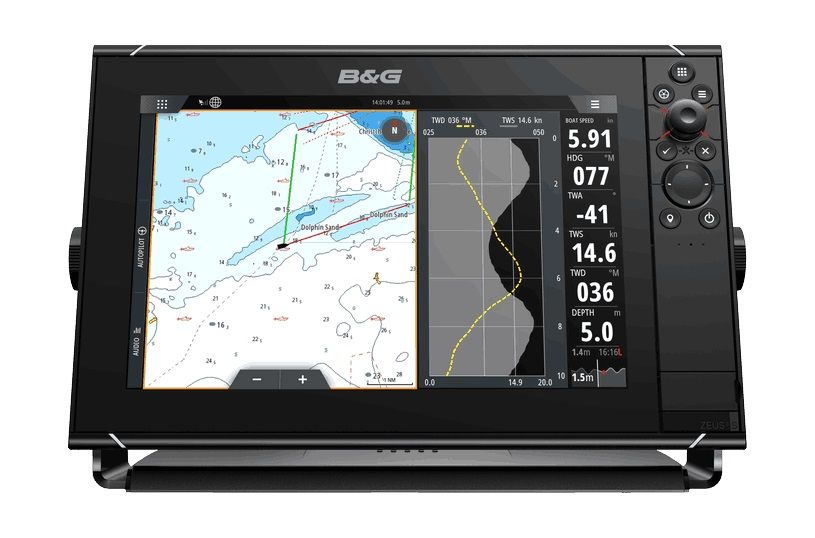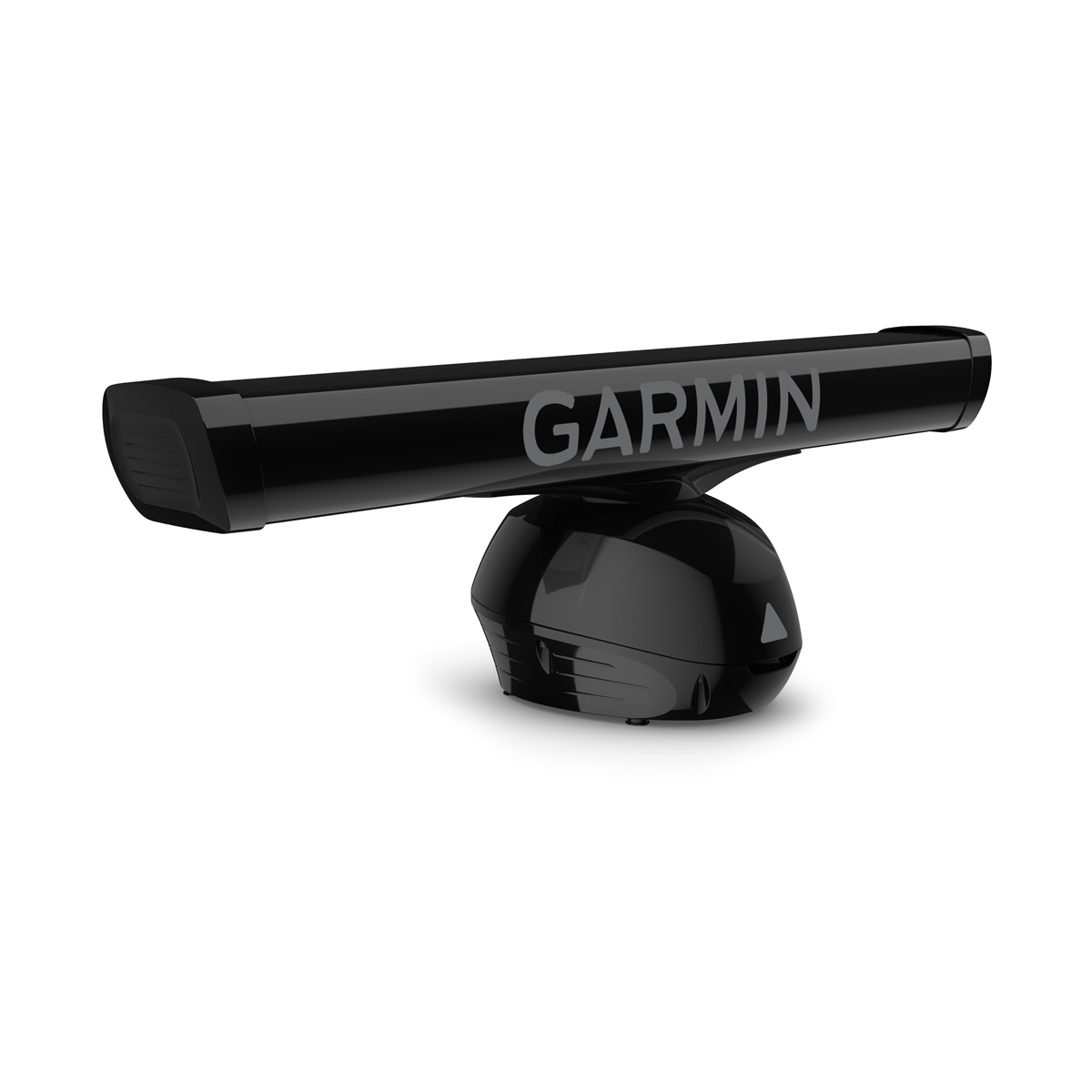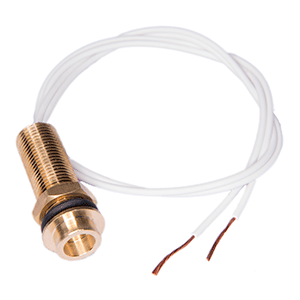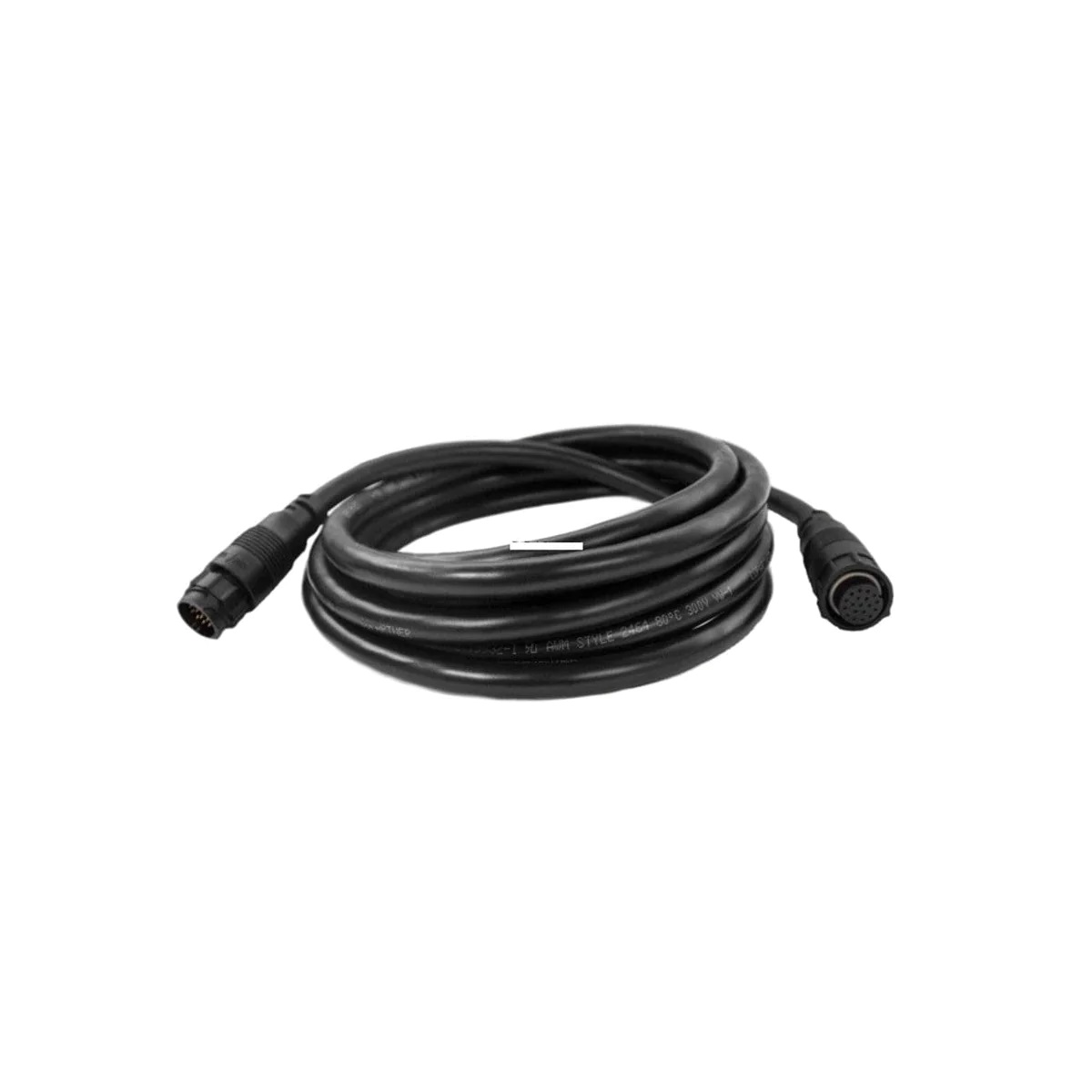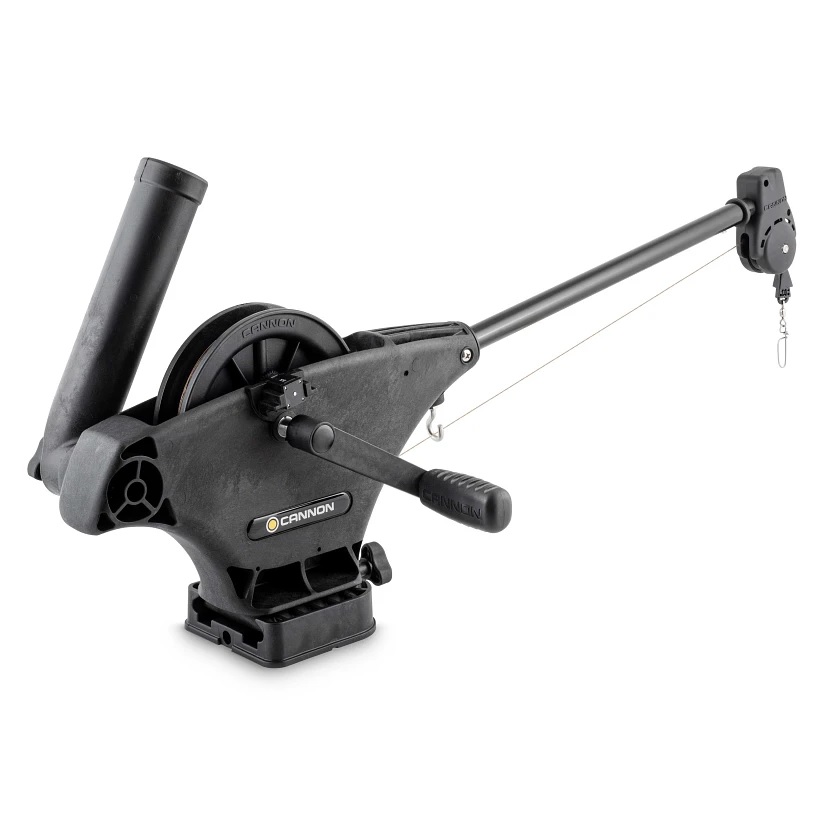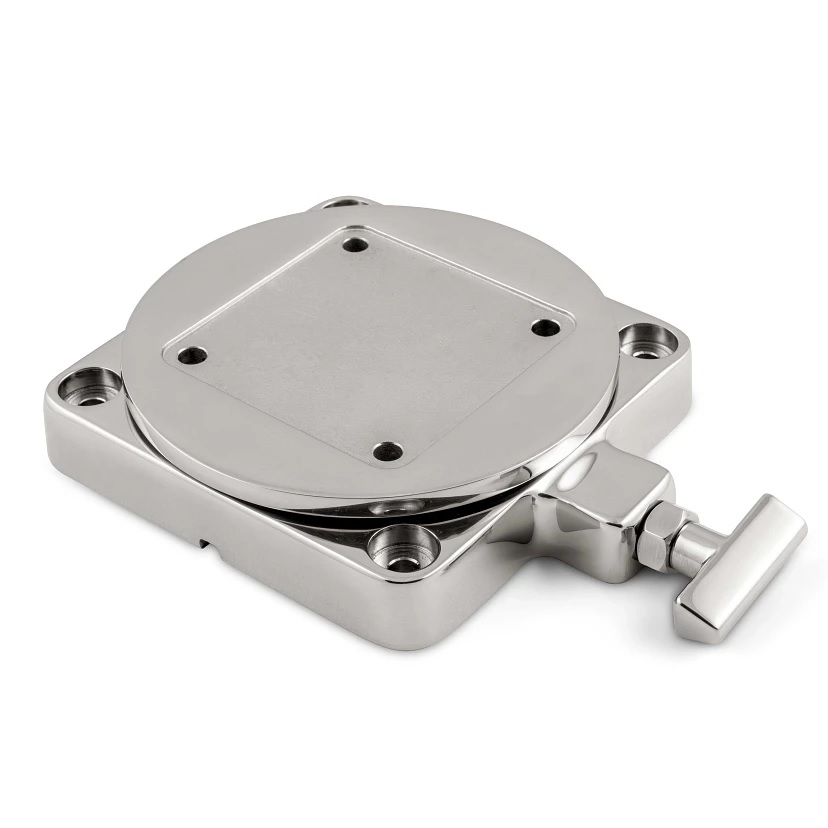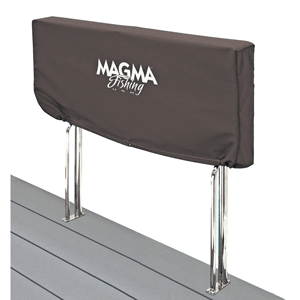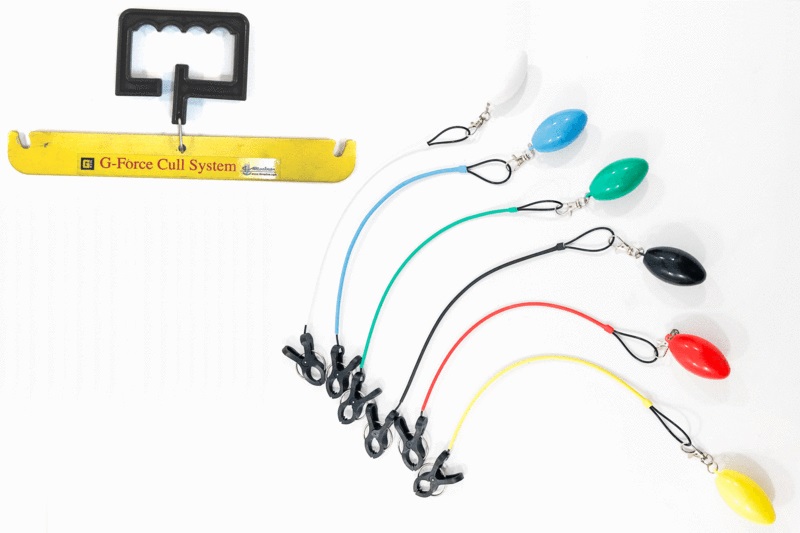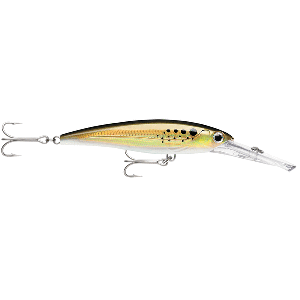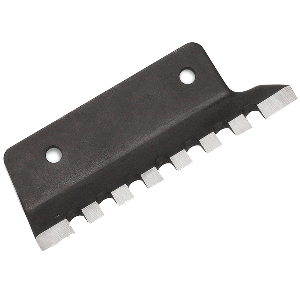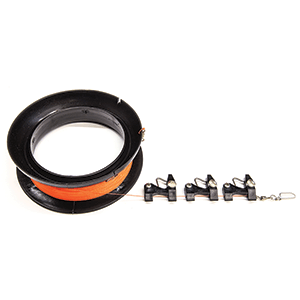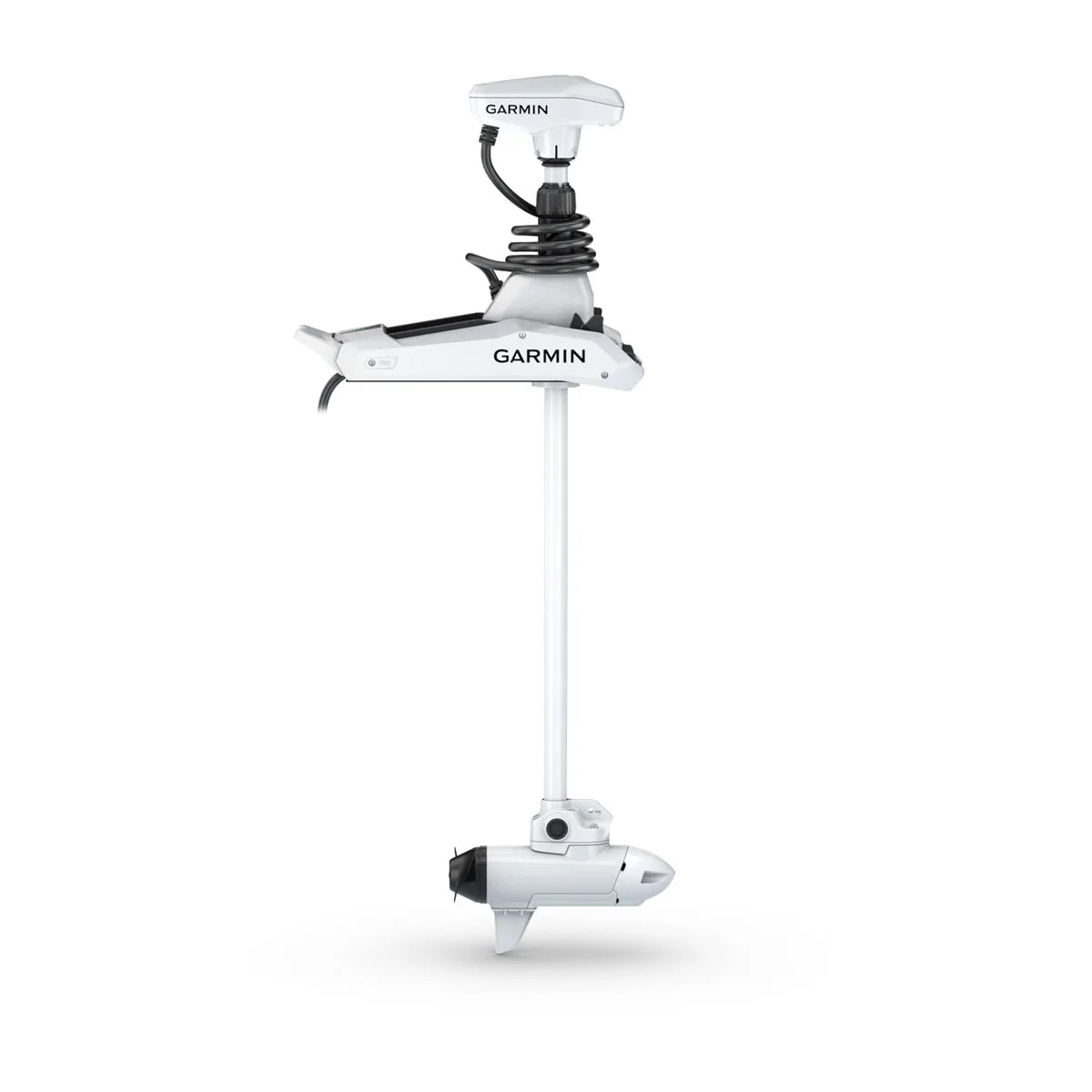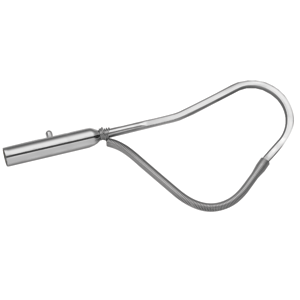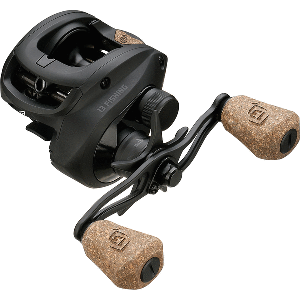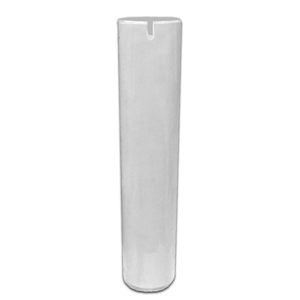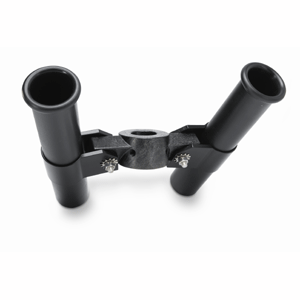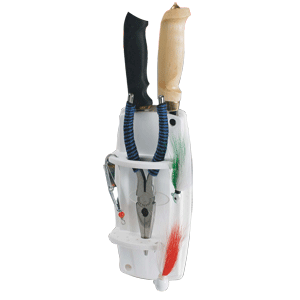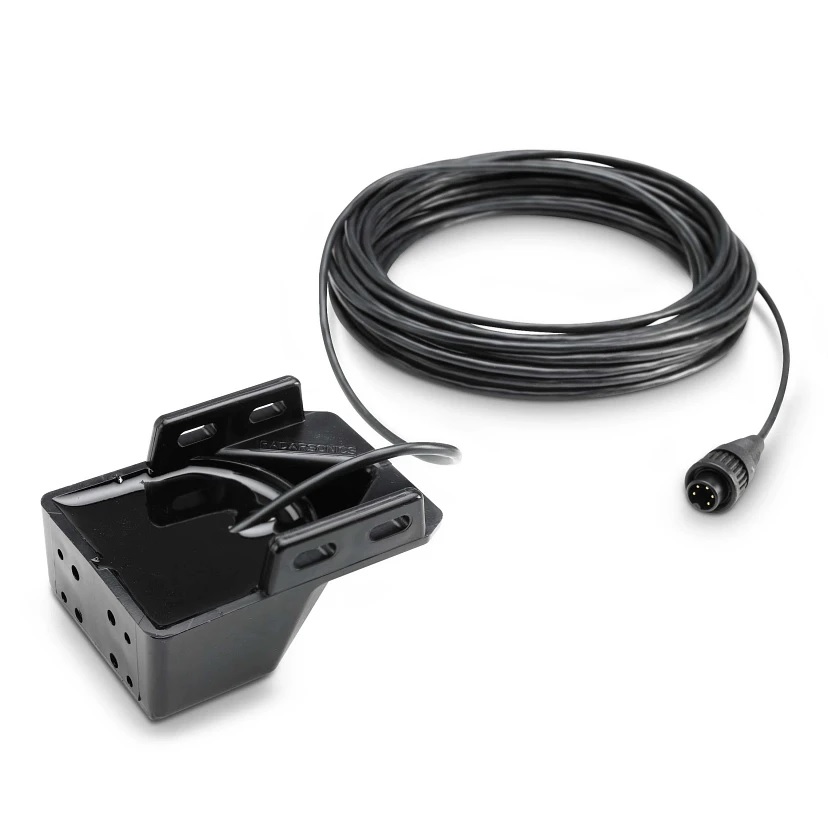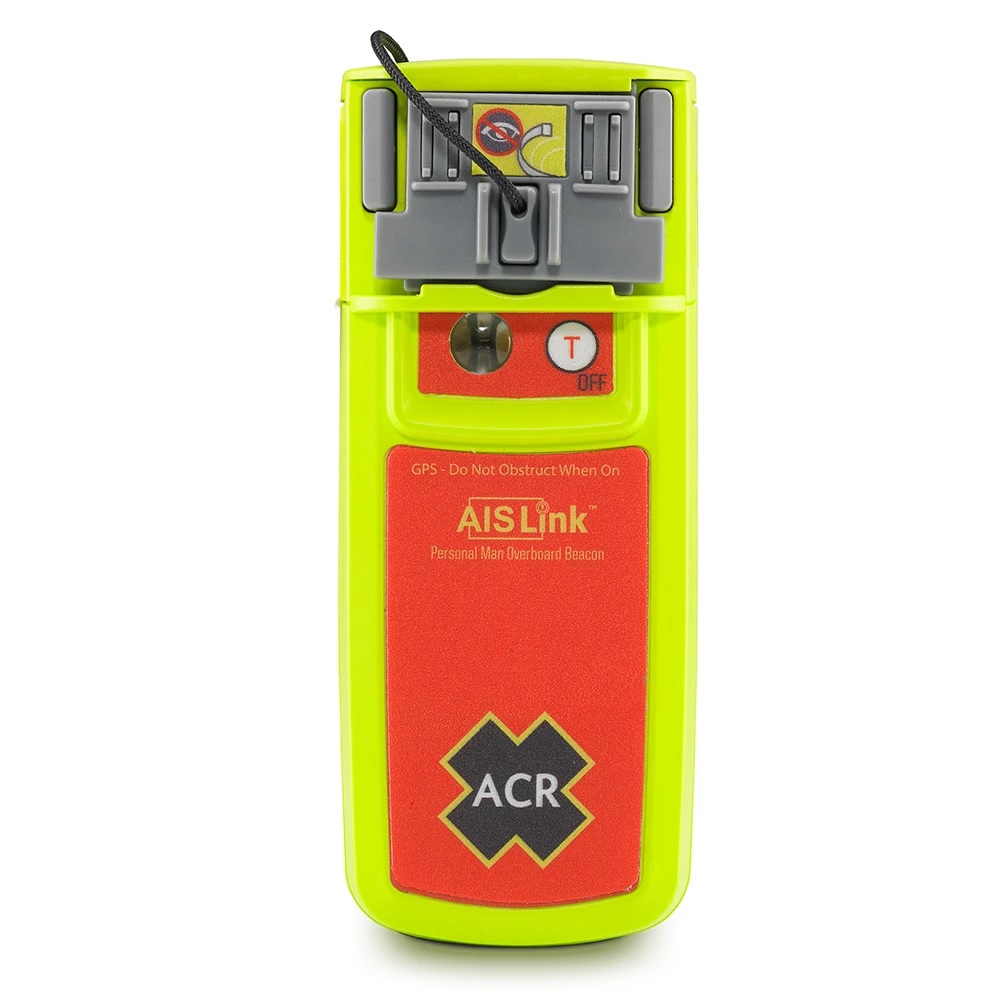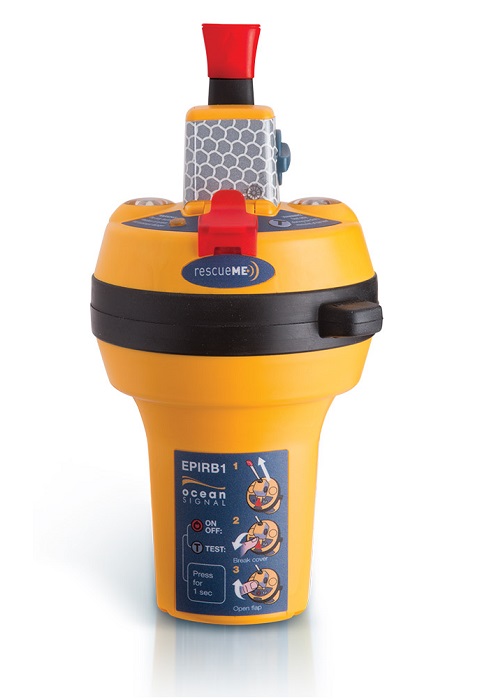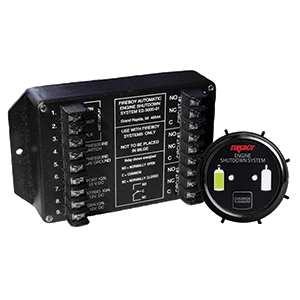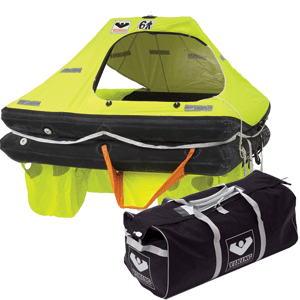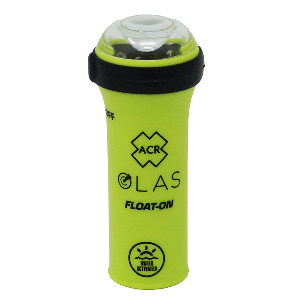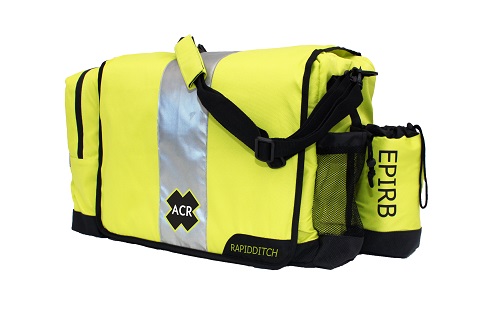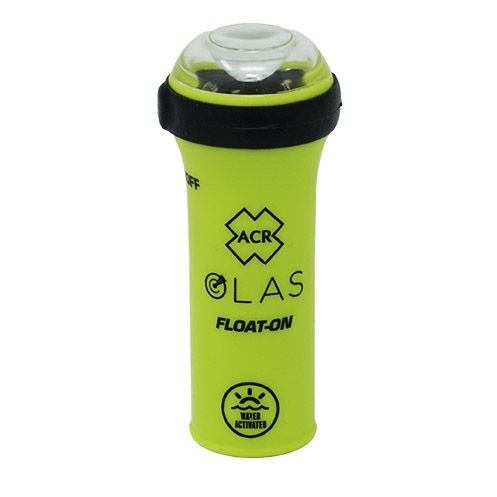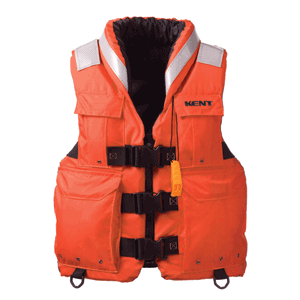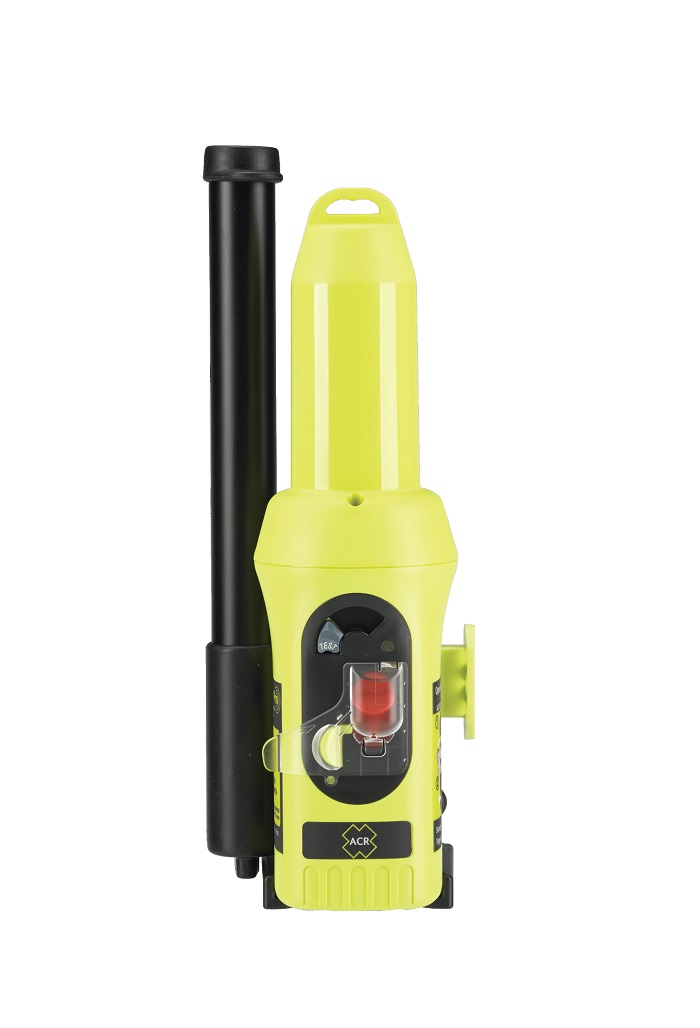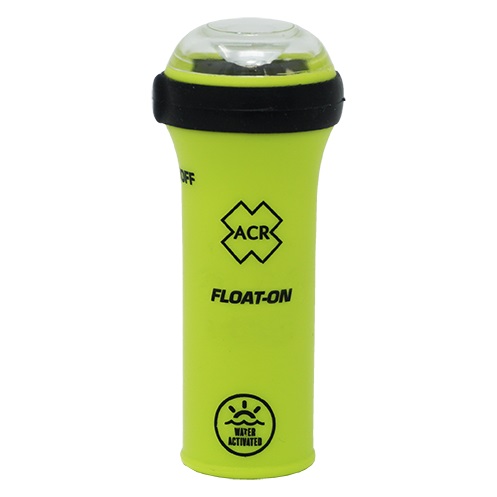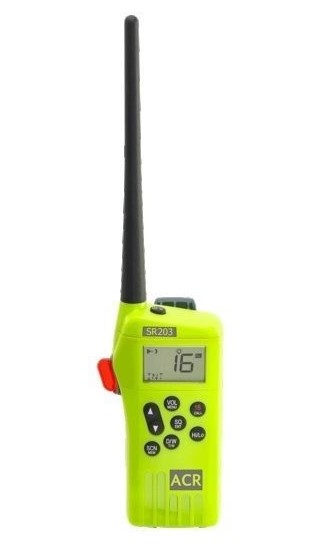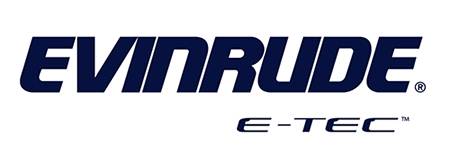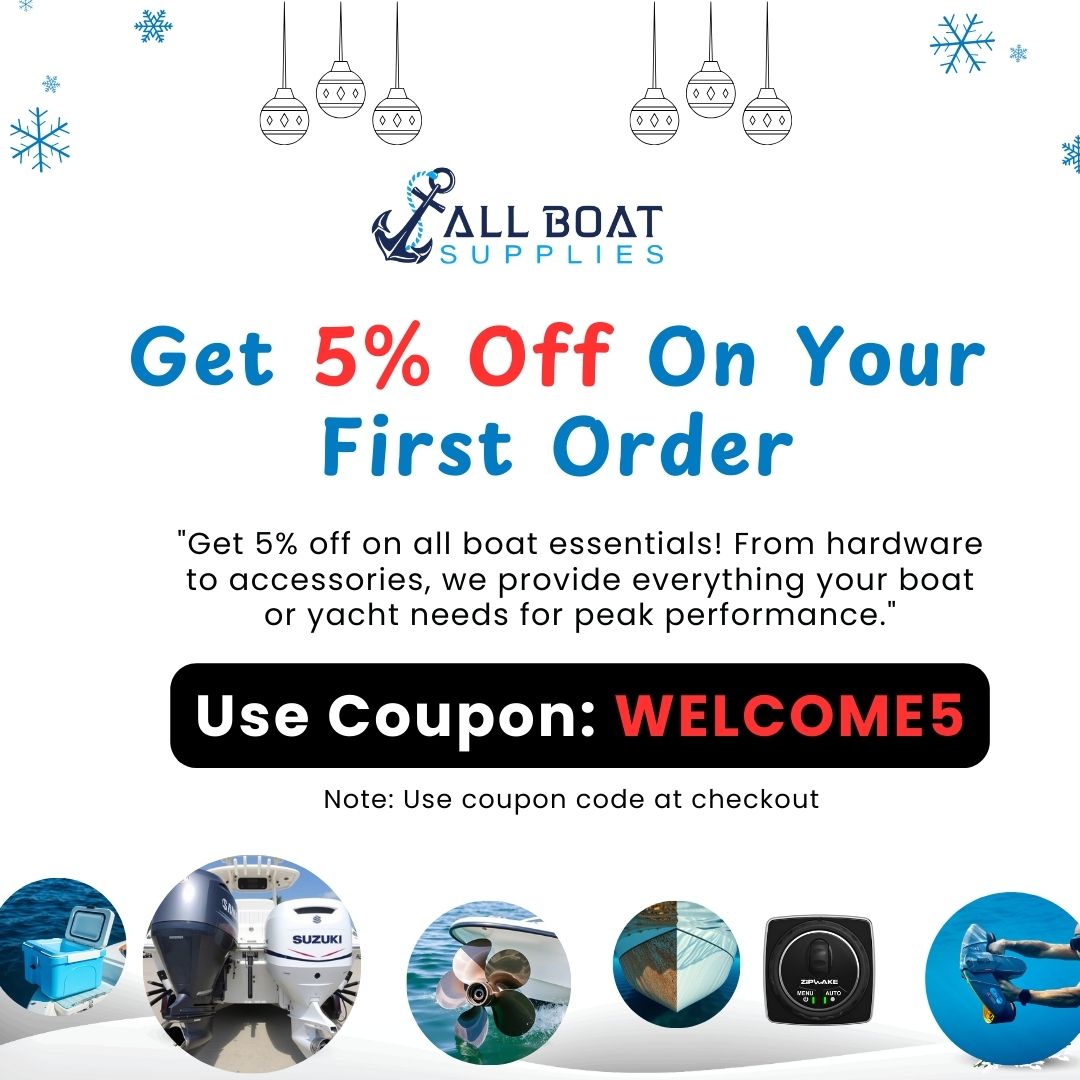“How Do Propellers Affect Lower Unit Performance?”
“When it comes to maximizing your boat’s performance, the propeller plays a critical role in the efficiency and longevity of your lower unit. Many boat owners focus solely on the engine, overlooking how propeller selection can influence speed, fuel efficiency, and stress on the gearcase. In this guide, we’ll break down how propeller design, pitch, and material affect the lower unit’s performance and help you choose the right propeller for optimal results.”
1. The Role of the Propeller in Lower Unit Performance
The propeller serves as the connection between the engine’s power and the water. Its efficiency affects the workload on the lower unit. A mismatched or poorly selected propeller can strain the gears, bearings, and seals within the lower unit.
Key Functions of the Propeller:
- Power Transfer: Translates rotational power from the lower unit into thrust.
- Load Distribution: Helps manage stress across the lower unit components.
- Efficiency Control: Determines how much energy is lost to water resistance versus propulsion.
2. Propeller Design and Its Impact on Performance
Pitch
The pitch of a propeller refers to the distance it moves forward in one rotation.
- Low Pitch: Provides better acceleration but reduces top speed, potentially overloading the lower unit.
- High Pitch: Delivers higher top speeds but can strain the engine and lower unit if mismatched to the boat’s power.
Blade Count
The number of blades on a propeller affects how the lower unit handles thrust and drag.
- 3-Blade Propellers: Offer higher speed but less stability, putting varied stress on the lower unit.
- 4-Blade Propellers: Provide better grip in the water, improving stability and reducing lower unit wear.
Diameter
The diameter of the propeller influences how much water is displaced, directly impacting the load on the lower unit. A larger diameter propeller may improve thrust but can increase drag and strain on the gears.
3. Material Choices and Their Effect on Lower Units
Propeller materials determine durability, flexibility, and stress on the lower unit.
- Aluminum Propellers: Lightweight and affordable, but prone to bending under heavy loads, which can cause uneven stress on the lower unit.
- Stainless Steel Propellers: More durable and efficient at higher speeds, providing balanced performance without overloading the lower unit.
- Composite Propellers: Lightweight and corrosion-resistant but less durable for high-power applications.
4. Common Issues Caused by Improper Propeller Selection
Using the wrong propeller can lead to several lower unit problems:
- Gear Wear: Excessive stress due to mismatched pitch or diameter can prematurely wear out the gears.
- Overheating: A propeller that is too large or heavy may cause the engine and lower unit to overheat.
- Seal Damage: Poor propeller balance can cause vibrations that damage seals, leading to water intrusion.
5. Tips for Choosing the Right Propeller
- Match Pitch and RPM: Ensure the propeller pitch matches the recommended RPM range for your engine.
- Consider Boat Usage: For heavy loads or water sports, opt for a propeller with more blades and a lower pitch for stability.
- Material Matters: For saltwater use, stainless steel or composite propellers offer better longevity.
- Consult Professionals: Seek advice from a marine mechanic or propeller specialist to ensure compatibility with your boat’s lower unit.
6. Routine Maintenance for Optimal Performance
Even the best propeller requires care to maintain lower unit performance:
- Inspect for Damage: Check for dings or cracks after each outing.
- Balance the Propeller: An unbalanced propeller can create vibrations that damage the lower unit.
- Flush After Use: Rinse the lower unit and propeller with fresh water to prevent corrosion, especially in saltwater environments.
Conclusion
The propeller is a critical component influencing the performance and longevity of your boat’s lower unit. From pitch and blade count to material and diameter, each factor plays a role in optimizing efficiency and preventing damage. By selecting the right propeller and maintaining it properly, you can enhance your boat’s performance and extend the life of its lower unit.
For expert guidance on choosing the perfect propeller and lower unit, explore our offerings at AllBoatSupplies.com.
